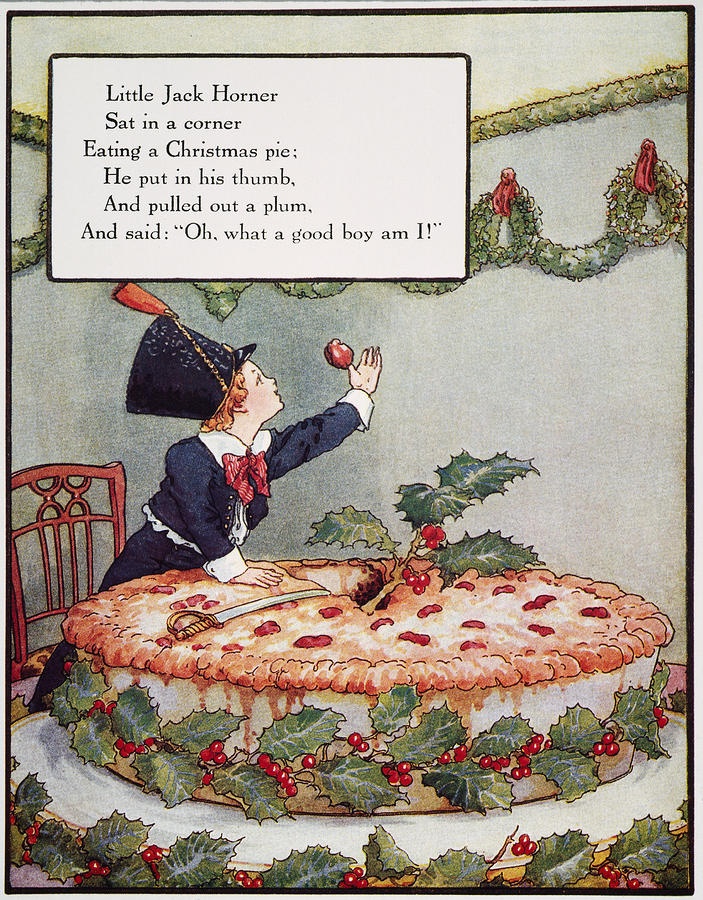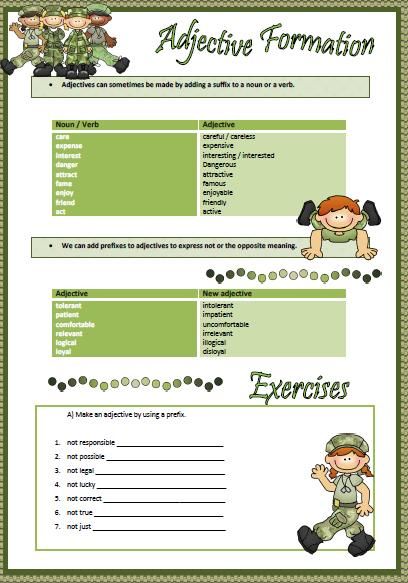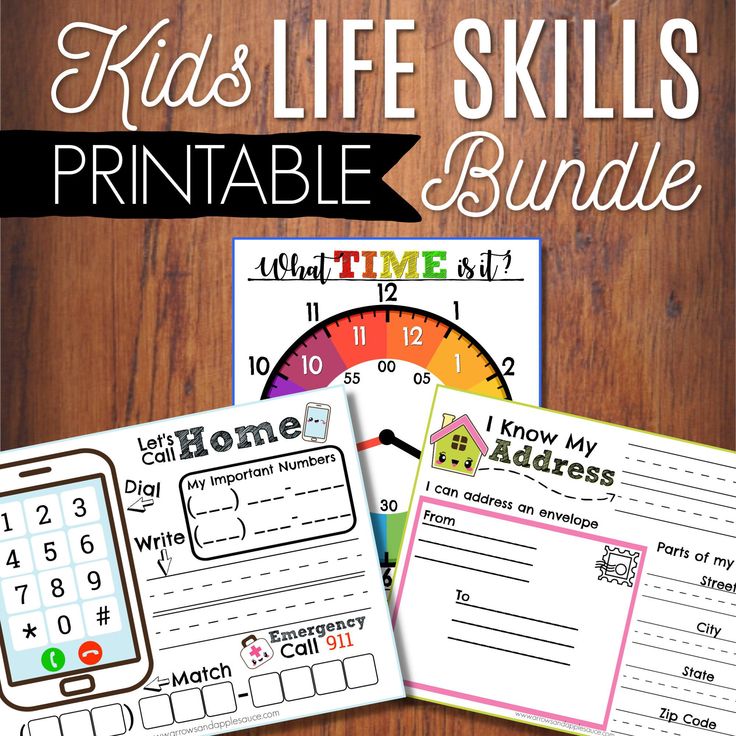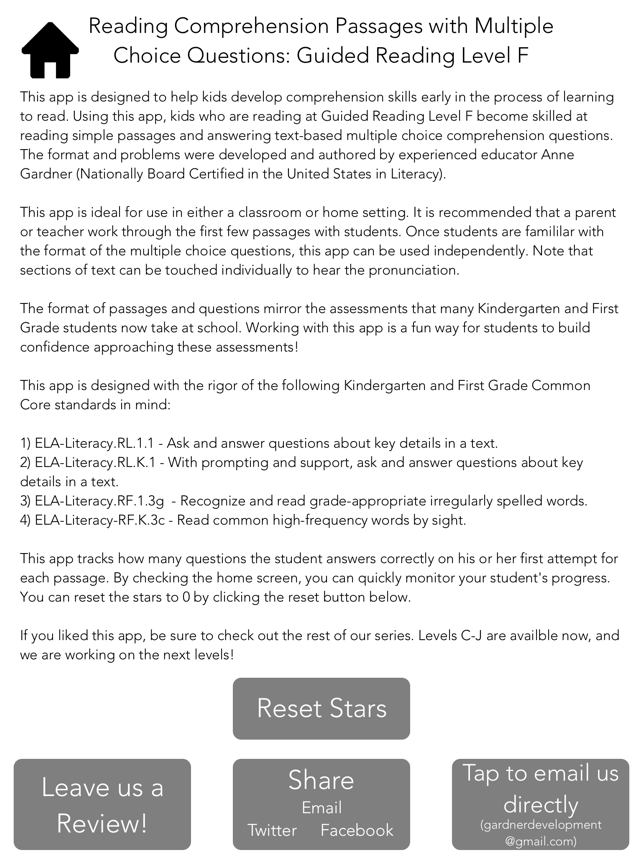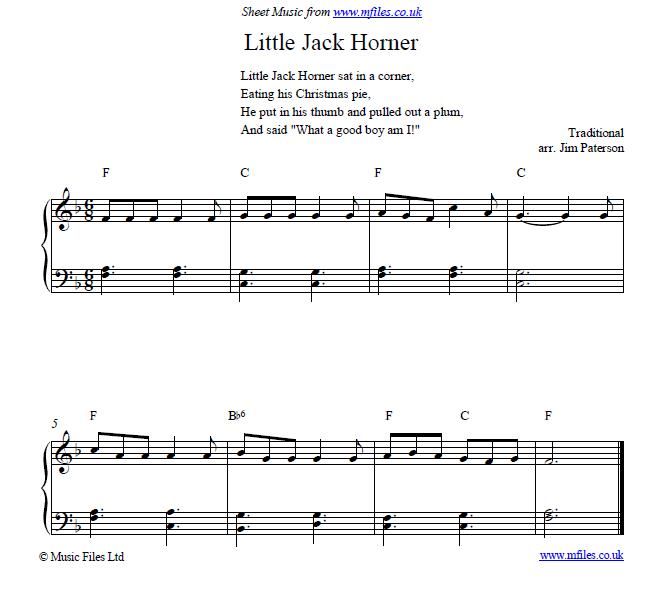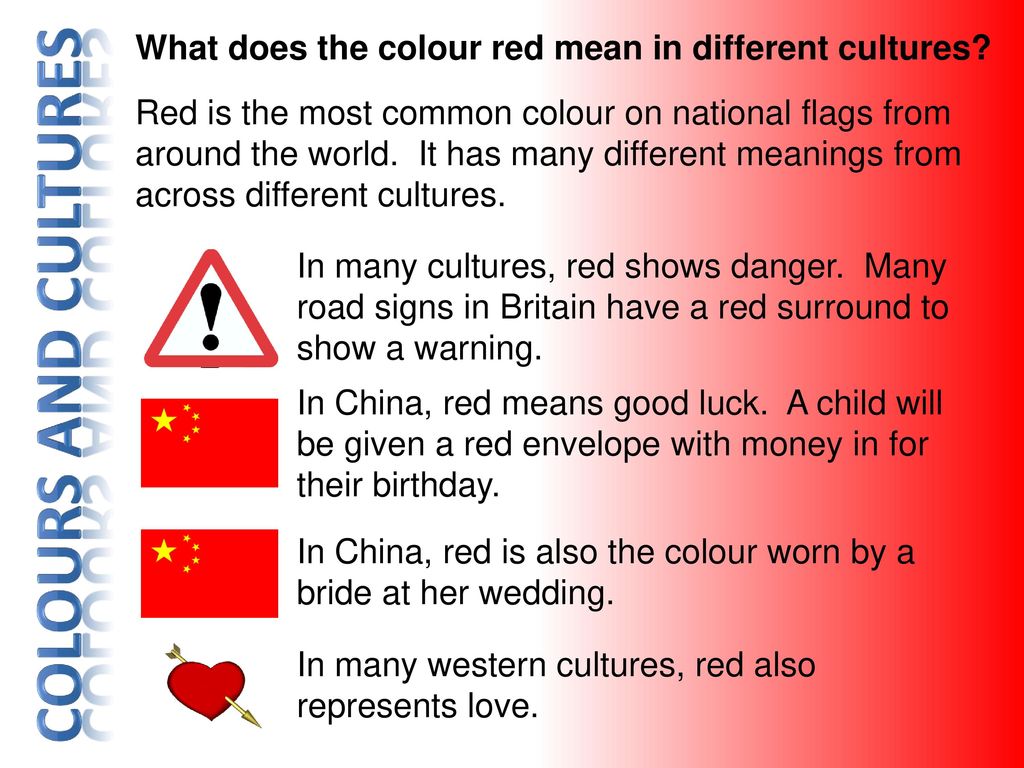Creative ways of teaching vocabulary
21 Ideas for Teaching Vocabulary in the Classroom
I’m sharing 21 ideas for teaching vocabulary. You may not be able to use all of them, but I hope you can find some ideas that will work well for you!
I’ve shared books about vocabulary instruction, as well as the theory and techniques. This post is a lot more practical. We’re all about ideas today!
I’m sharing the bare bones of the ideas here.
I’m adding lengthier explanations for some of them with more tips and fleshed-out instructions on my website devoted just to vocabulary instruction, VocabularyLuau.
You’ll see that option at the end of the idea if it’s available.
IDEA #1: Semantic Maps
In this activity, the teacher chooses a word and displays it for the class on a whiteboard, etc.
Students read the word and then think of words that come to mind when they see that word (this is awesome because it activates prior learning).
A list is created of all of the words that come to mind, and then those words are categorized.
This can be done as a whole class or in small groups.
Students then create a “map” using a graphic organizer and discuss it. Additional or substitute categories can be suggested.
As students read through the text, they can add related words to the map.
Want more details on this strategy? Get the step-by-step on VocabularyLuau.
IDEA #2: Eye Spy
Give students a list of words to search for in a text or have them find unfamiliar words.
You can award points to the words based on different criteria (longest new word, word with most consonants, etc.).
Invest in a set of inexpensive dollar store magnifying glasses to make this more game-like.
This is a great pre-reading activity.
Want more details on this strategy? Get the step-by-step on VocabularyLuau.
IDEA #3: Making Choices
Students show their understanding of vocabulary by saying the word when it applies, or remaining silent when it doesn’t.
For example: “Say radiant if any of these things would make someone look radiant.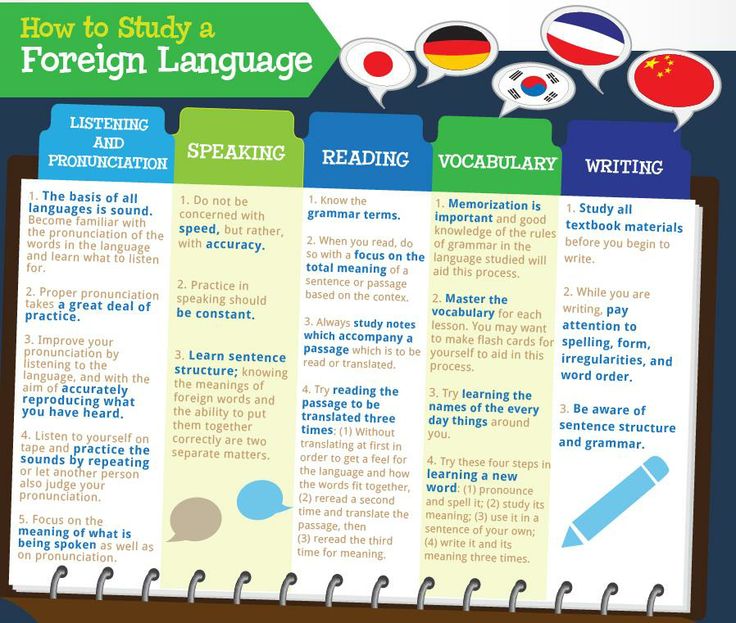 ”
”
-Winning a million dollars.
-Earning a gold medal.
-Walking to the post office.
-Cleaning your room.
-Having a picture you painted hung in the school library.
(This idea is from the book Bringing Words to Life, recommended in the books section.)
This is one of the key strategies teachers need in introducing new vocabulary. Because of that, I’ve written extensively and given a dozen examples from different texts for Kinder through 12th grade on VocabularyLuau.
IDEA #4: Sorting Hat
Use a Harry Potter theme to have students sort words into categories. They can pull them out of a hat.
If you give them the categories, it’s called a “closed sort.” If they come up with their own categories, it’s called “open sort.”
This one is so, so fun. I explain lots more about how to do it on VocabularyLuau.
IDEA #5: Word Pairs
Give students words in pairs and have them evaluate if the words are the same, opposite, go together, or are unrelated.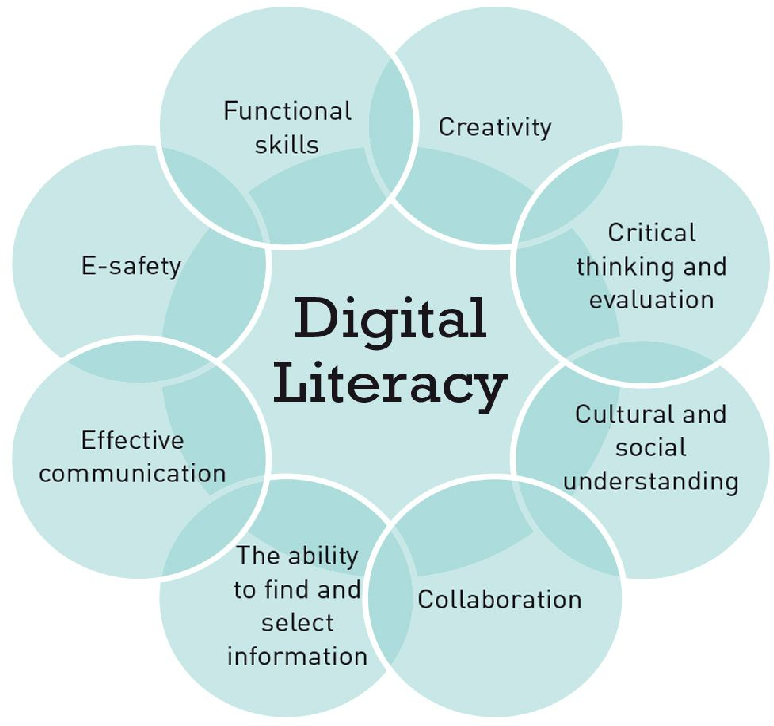
This strategy is terrific for building critical thinking skills along with the vocabulary.
Get even more details and variations at VocabularyLuau.
(adapted from Word Power: What Every Educator Needs to Know about Teaching Vocabulary)
IDEA #6: Linear Array
In this strategy, students use a graphic organizer that is a rectangle, three ovals, and then another rectangle, all in a line.
The word in question goes in the rectangle on the far left.
The rectangle on the far right is filled in with a word that is the opposite.
The center three ovals are filled in with words that go from the far left to the far right, gradually become less similar until they reach the opposite.
For example, microscopic, tiny, small, bigger, large.
You can see examples of the graphic organizer, more details, and lots of variations on VocabularyLuau.
(adapted from Words, Words, Words: Teaching Vocabulary in Grades 4 – 12)
IDEA #7: Games
Many “real” games work well for vocab play and practice.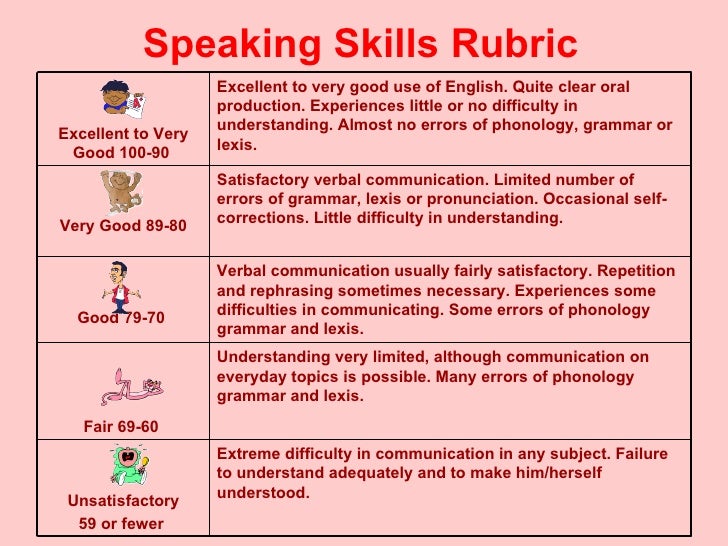 Games such as Balderdash, Taboo, Scrabble, Blurt, Bananagrams, word bingo, and others are fun.
Games such as Balderdash, Taboo, Scrabble, Blurt, Bananagrams, word bingo, and others are fun.
There are online games as well, such as Scholastic’s Synonym Toast.
[Note: I am a notoriously horrible Scrabble player, and every time I play I think, “English teachers should be better at this.” It’s not my favorite.]
IDEA #8: Scavenger Hunt
Have a word scavenger hunt in books, magazines, articles on the net, or in the school or home.
Don’t just go for numbers; go for unusual words, academic vocabulary, weird spellings, homophones, etc.
Want more details on this strategy? Get the step-by-step on VocabularyLuau.
IDEA #9: Word Wheel
Copy and paste this image onto a sheet of cardstock and make a vocab spinner game. EisforExplore shares the whole idea here.
Want more details on this strategy? Get the step-by-step on VocabularyLuau.
IDEA #10: Vocabulary Photo Album
Using a simple, inexpensive photo album, students create a visual glossary of key words.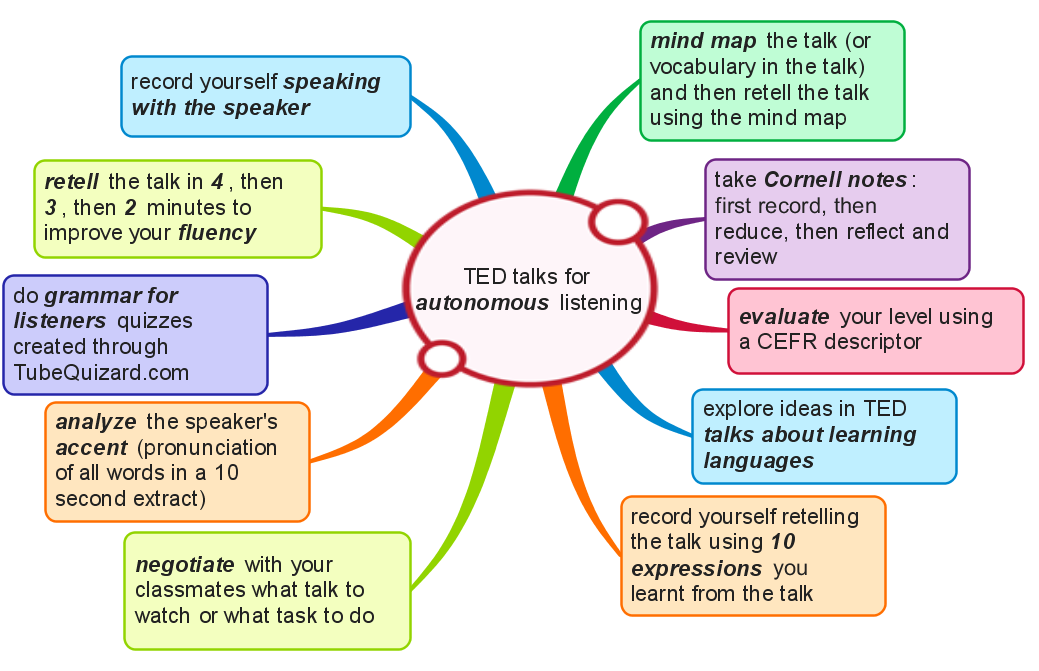
I’ve got pictures of examples, details, and more ideas at VocabularyLuau, if you’d like to read more.
IDEA #11: Tally
Use tally marks to track words you’re trying to practice.
Mark whenever the teacher says the word in context, and mark twice when a student does.
Alternatively, you can have the tally marks be even, but play the teacher versus the class.
There’s so much more to this strategy. Learn more about how tally marks can help you teach vocabulary at VocabularyLuau.
IDEA #12: Vocabulary Relay
Print out words on one set of cards (copy this set a few times) and definitions, context, or sentences in which they could be used (fill-in-the-blank) on another set (just one set).
Jumble up the words in a pile in the middle of the floor, and jumble up the definitions, context, and sentences to keep with you. Break students into teams of five-ish.
Call out the definition/context/sentence and give students some think time (8 – 10 seconds) to talk about what word it might be.
After the discussion time, call out “Word!” One member from each team runs to the center and tries to find the word in the pile.
I like having multiple sets of the words so more than one team can get it.
Check to make sure they’re correct, and then discuss it briefly before the next round.
Note: I got this idea from another teacher’s site, but I cannot for the life of me remember where. I have searched Google for it, and can’t find it. A small prize to the person who can figure out the originator of the idea!
I’ve written quite a bit about it here, but I’ve written more (and have lots of pictures of it in play) at VocabularyLuau.
IDEA #13: Vocabulary Category Relay
This is a different relay activity than the one above, even though the names are so similar.
In this version, teams of students race to fill in words responsive to a category that start with the letters of the alphabet in order.
This can be done individually, in groups, or even as a whole class.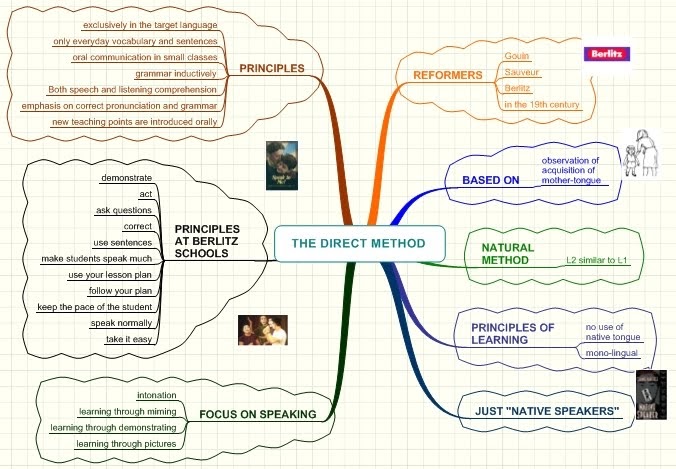 It’s also a good one for both digital and in-person instruction.
It’s also a good one for both digital and in-person instruction.
When I wrote about it on VocabularyLuau, I shared these score sheets for digital use, as well as printable versions.
IDEA #13: Comic Strip Word Activity
I got the idea for using comic strips from This Reading Mama.
In some ways, it’s really a modified Frayer model.
I loved it so much that I started making them like crazy. It turns out that they let me get a clear glimpse into how well the students had mastered the word.
I have an entire article about this, filled with loads of ideas and resources at VocabularyLuau.
You can check out that article here (or click the image below).
IDEA #14: Paper Plate Vocab
I love this inexpensive matching game from Finding Joy in Fifth Grade, and I think students could create it themselves.
IDEA #15: Heads Up Vocabulary Game
Students hold a word on a card in front of their foreheads. The students don’t know what words they have.
Students ask each other a series of questions to determine the meaning of their word. Or, students can give students clues to the person with the word to help that person guess the word.
This is a review activity, and it’s not for initial instruction.
It’s such a favorite that I wrote a very comprehensive article about it on VocabularyLuau. There’s even a hack for printing on Post-it notes!
IDEA #16: Word Sneak
Word Sneak is a game invented by Jimmy Fallon that he plays with guests on the Tonight Show.
In the game, Jimmy and the guest each get a stack of cards with words on them that they have to work into the conversation naturally (without sounding forced or stilted).
It’s hysterical to watch and fun to play.
It’s also a great way to learn different ways to approach a word.
It’s so much fun that when I wrote the article about in on VocabularyLuau, I also included a Tonight Show backdrop you can use in class to give it an even more “real” feel.
IDEA #17: Frayer Model
The Frayer Model is an oldie-but-goodie vocab activity model in which student work in multiple ways in a specifically laid out graphic organizer to engage with words.
This is such a must-know that I wrote a (very lengthy and detailed) plan for how to use it at VocabularyLuau.
It includes downloads and printables and digital versions, as well as exactly how (and why) to use this strategy.
If you are not familiar with it, please do yourself a solid and read more.
IDEA #18: Tweet
Have students create a “tweet” that a word would send out or with the word in the tweet in context.
You can use a tool like PrankmeNot or Siminator to make it look real.
This strategy is so fun and so useful!
I’ve written about five different ways to do this (with examples) on VocabularyLuau, and I even have this free template for you there:
IDEA #19: Brain Power Words
This is a strong academic vocabulary activity that takes a little bit of time, but would really help get the words past the superficial level of understanding.
- Ask small groups of students to preview sections of a text and identify difficult words.
- For long chapters, assign different sections to different groups.
- Students place a Post-it next to the words in the text they identify as potentially difficult.
- After identifying the words, the group goes back and uses context clues to hypothesize what the words might mean.
- Clues of substitution: A known word would make sense in the context and is probably a good definition.
- Clues of definition: The word is defined in the text (many textbooks do this).
- Clues of opposition: Words “not, unlike” etc. are excellent clues to what a word is not and thus help define the words.
- After the Brain Power Words list is identified and definitions sought, the students check their work with the teacher.
This strategy is from Becky McTague and Margaret Richek (it’s in the book Reading Success for Struggling Adolescent Learners by Susan Lenski and Jill Lewis).
IDEA #20: The Concept Cube
A concept cube is a pattern that is printed on paper or cardstock, cut out, folded, and taped into a three-dimensional cube.
Students write, type, or draw on the pattern prior to assembling the cube, and then they “play” with the cube to explore concepts.
Depending upon the way you choose to use it, they can be similar to a three-dimensional Frayer model.
You can print out a blank cube and have students print the responses below, or complete it online and then print it out.
Before folding, students write clearly in each square following the directions below.
Each student is given one challenging vocabulary word from a recent reading and asked to:
- Write the assigned vocabulary word in one square.
- Write a synonym (word or phrase) in another square.
- Write an antonym (word or phrase) in another square.
- Write a category or categories it could belong to.

- Write the essential characteristics of the concept of this word.
- Give one example.
Cut, fold, and tape the cube.
Roll the cube and read what comes up on the “top”; the student must tell the relationship of that word or phrase to the original word.
After students know their own cube without any errors, they exchange with a peer.
You can get more ideas and details, as well as a free printable, at VocabularyLuau.
IDEA #21: Phone a Friend
Search TeacherspayTeachers or Teachers Notebook for vocabulary activities you can use or adapt.
The beauty of this is that you can search by grade level and subject, so you can focus on what you’re studying.
A caveat to this is that if you create something grade level or content specific, you can share it with other teachers, too.
The Importance of a Variety of Activities
You want to have a variety of activities so that vocabulary instruction doesn’t become routine or boring.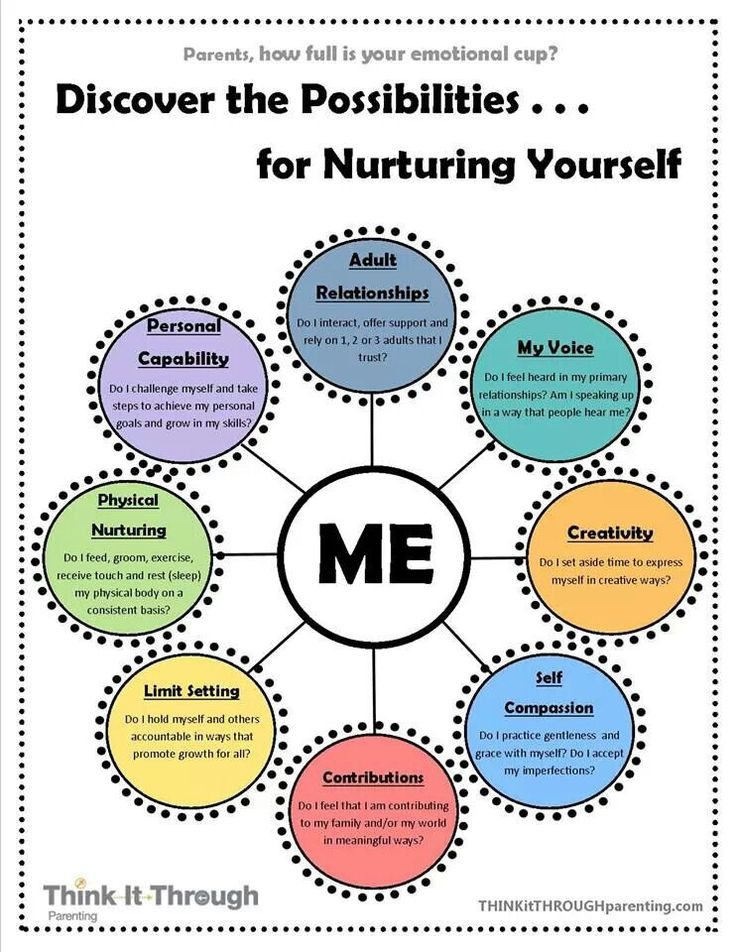
Keeping it fresh with lots of different ways of learning will help students (and the teacher) avoid getting burned out or tired of working with vocabulary.
There’s been so much interest in this that I created an entire website just for vocab ideas called VocabularyLuau.
These 21 activities for teaching vocabulary are just a start. I’d love to know your ideas!
The Vocabulary Series
This post is Part 3 of a four-part series on teaching vocabulary. If you would like to check out the rest of the series, visit the posts below
- Teaching Vocabulary: The books
- Theories & Techniques that work (and don’t)
- 21 Activities for Teaching Vocabulary (this one)
- Ideas for English Language Learners
There’s even a great book for teaching vocabulary!
These ideas work for all vocabulary words.
If your students need to learn vocabulary words and terms that are specific to your content (words like acute angle or latitude or simile or biome), have I got a book for you!
You know how I know it’s great? I wrote it! I wrote it for teachers just like you from the method I created in my own class with my own students and tested over and over.
You can learn more about it by clicking on the picture of it, or you can read more and see loads of examples here.
If you already know you want it, you can grab a paperback version on Amazon.
Or, if you want a digital copy, you can use the coupon code GIFTEDGURU for 20% off you can…
Grab your copy
Do You Like Great Ideas?
If so, I share them in my email o’ goodness that goes out about once a month to thousands of people just like you.
You can sign up here (it’s free).
Note: This content uses referral links. Read my disclosure policy (it’s fascinating) for more info.
067: 10 Creative Ways to Teach Vocabulary
Vocabulary is something that’s often added to English classes as a bit of an afterthought. Something to get done randomly, in between all the other work. Alongside the lessons on grammar, literature, writing, speaking, debate, ethics, career studies, research skills, media literacy, love of reading, etc. !
!
I like what Kelly Gallagher and Penny Kittle say in 180 Days about how you just have to choose what to focus on. You can’t do it all. (Also such good life advice, am I right?).
But often, vocabulary is a must. You’re handed a book to get through, or a list with a certain amount of SAT words that you need to cover each week.
When I first began teaching, I didn’t really know what to do with my vocabulary book. It had some great title like “Hot Words for the SAT” with little flames around the printed letters on the cover. Whoo hoo! Surely those flames meant it would be fun for my students!
So when I was planning my units, I scheduled in vocabulary quizzes for Fridays and “study for vocabulary quizzes” on Thursday nights. I know you’re impressed.
Since then, I’ve learned a few things. We can definitely do better than “study for vocabulary quizzes.” Not that I’m blaming twenty-two-year-old teacher me. There was a lot going on for her at work. I know you can relate.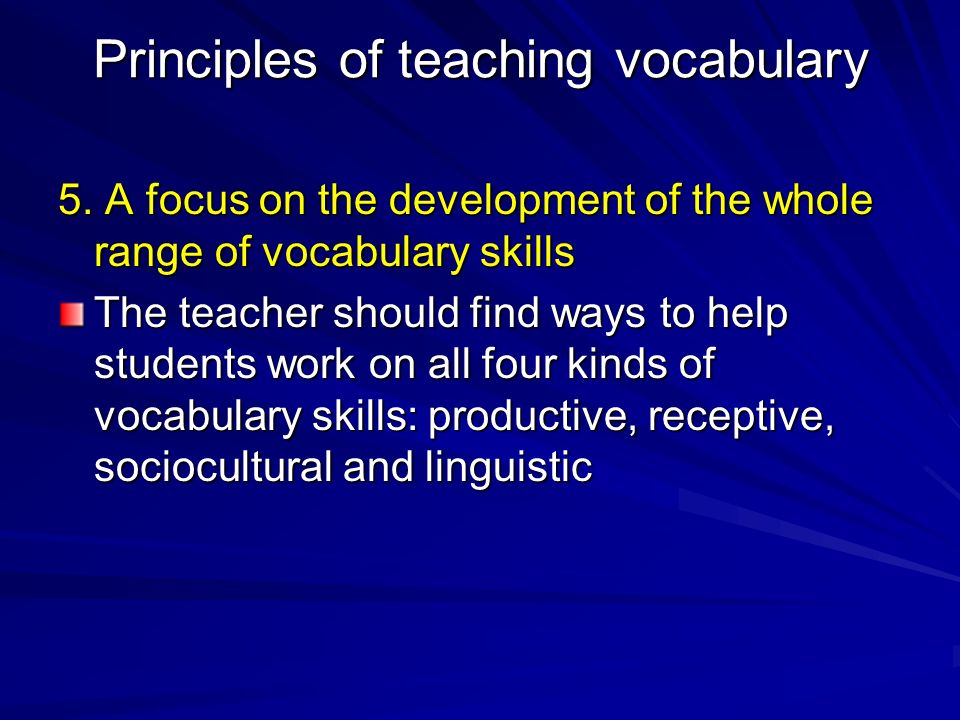
But let’s dive into some other options, for those who have the time and energy to pursue them. In this post and podcast, I’m sharing ten ideas for making the study of vocabulary something students might even look forward to.
You can listen to the audio version below, or on iTunes, Blubrry, or Stitcher. Or, read on!
#1 Video Journals
You know how you sometimes stumble upon AMAZING Youtube videos and you just wish that somehow, someway they were applicable to your classroom? Like the video below, that I’m laughing so hard at again right now.
Well, vocabulary video journals are the perfect way to work them in. Each week, once your students have their vocabulary list, turn their attention to whatever video you’ve discovered that you think will be riveting for them (this Ukrainian sand painter and this guy dancing are two of my all-time favorites).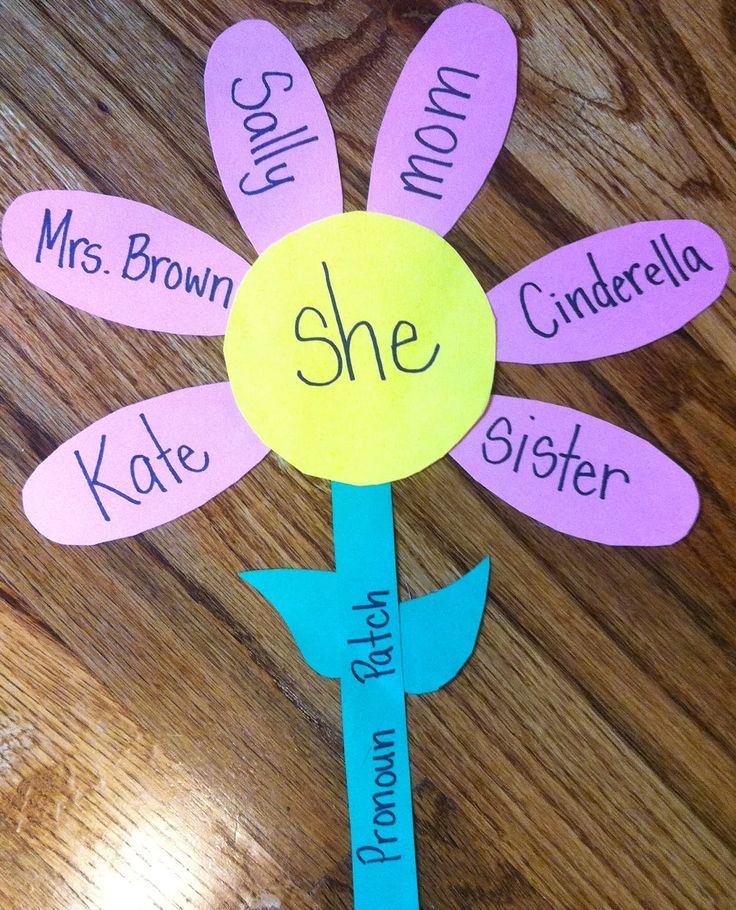
Play the video and then give them a short related prompt. So with the cat above, you might say “Write this cat’s internal monologue. Who is it sneaking up on? Or what is it planning? What happens after it jumps?”
Ask students to write in their journals (or notebooks, or iPads), using ALL THEIR VOCABULARY WORDS in their writing.
Will their writing be a little crazy? Perhaps not totally connected? At times, yes. But I have found that the videos are so engaging to them that they bring that positive energy into their vocabulary writing. After ten minutes they’ve at least considered and thought through the meaning of their words as they try to build them into their writing. Then have them trade notebooks and give each other a bit of feedback on whether they used the words correctly. There’s no need to collect or grade this writing, it’s just a fun way to start memorizing the words and their meanings.
I wrote up a formal set of lesson plans for this activity for Read Write Think, if you’d like some printable materials and more video links.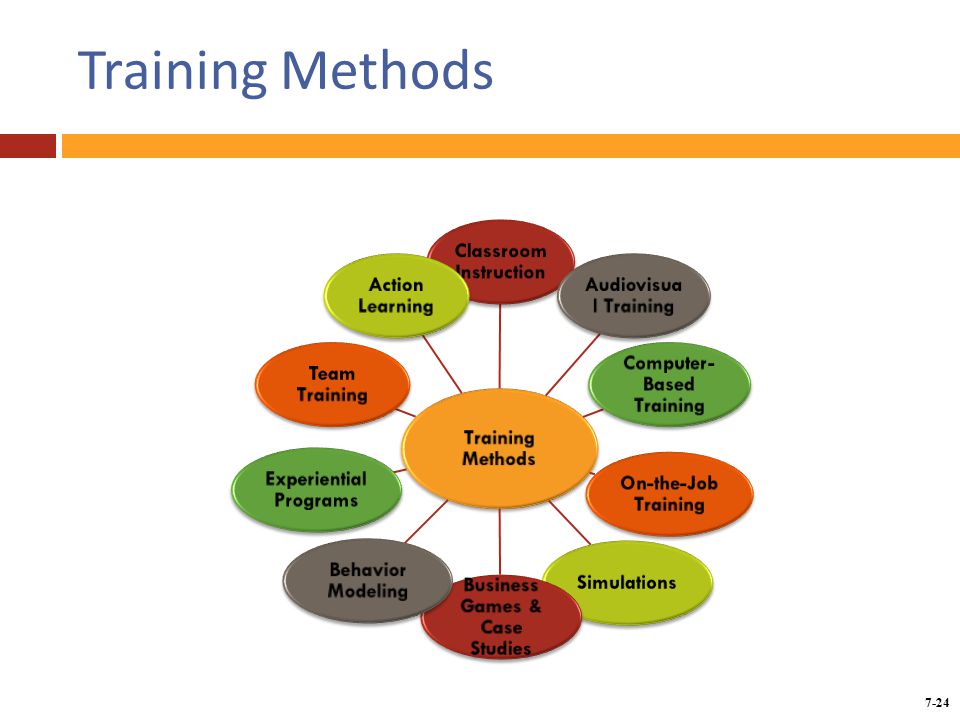
#2 Create a Meaningful Vocabulary Product
What if instead of approaching vocabulary as something they had to learn each week, they approached their words as something they needed to be able to teach others?
I’ve been fascinated by Jal Mehta and Sarah Fine’s book In Search of Deeper Learning lately – I’ll be sharing more on this later, and interviewing Sarah on the podcast. One of the chapters is about a project at one high school to explain advanced economics concepts in a student-friendly way.
The students created their own economics text. “A student-authored economic textbook – in which each spread features students defining an economic concept with a facing page illustrating that concept – was praised by President Clinton as one of the most lucid and incisive books on the subject that he had ever read” (49-50). You guys, I couldn’t love this idea more.
So how might you build it into your vocabulary instruction? Well, maybe your students create their own version of that economics textbook, with vocabulary words on one page and sketch notes or one-pagers explaining them on the connecting page.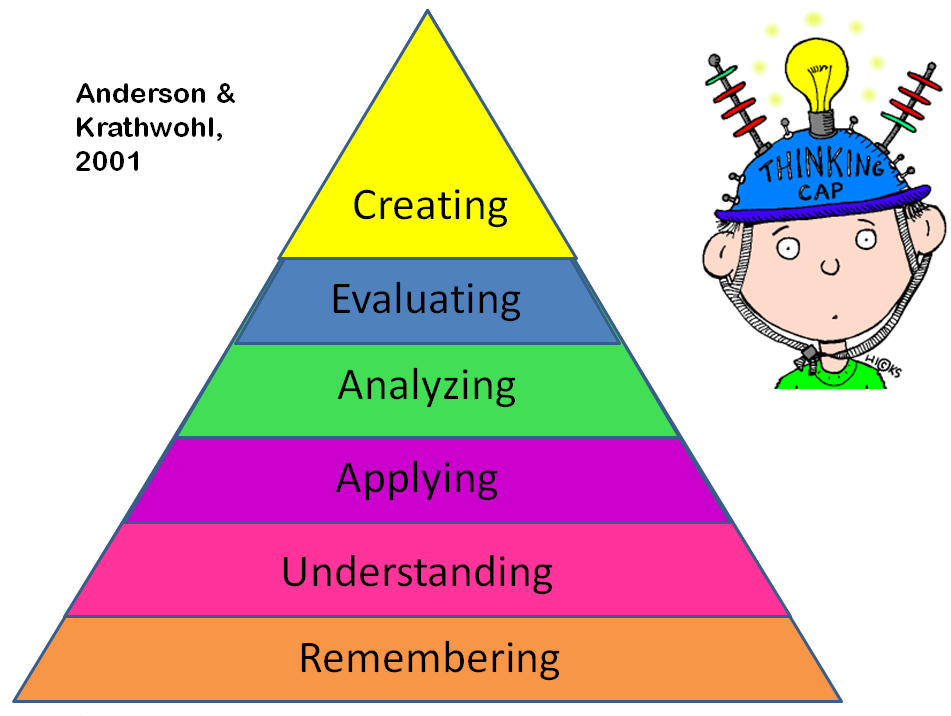 Or maybe they create a video channel for SAT-takers all over the world, posting new videos with new words every week of the year. Then you let them know that you can share their digitized book, or their channel, with a group of over 15,000 Creative High School English teachers. So basically if it’s good, it could be used by many, many students.
Or maybe they create a video channel for SAT-takers all over the world, posting new videos with new words every week of the year. Then you let them know that you can share their digitized book, or their channel, with a group of over 15,000 Creative High School English teachers. So basically if it’s good, it could be used by many, many students.
#3 Postcards
I’ve got a weakness for buying postcards, but I’ve turned it into a fun classroom tool. It’s easy to pick up cheap and unique postcards in thrift stores, boutiques, and of course, while traveling. If you can build up a small collection, they make a really fun vocabulary tool. You can invite students to contribute too.
My postcard collection (the tip of the iceberg)
Simply lay out your collection across the front of the room each week and let students choose a new postcard. Then give them a fairly general prompt to write on, using their vocabulary words, inspired by the postcard. For example, “Write the story of a conversation that just took place in the scene you’re looking at.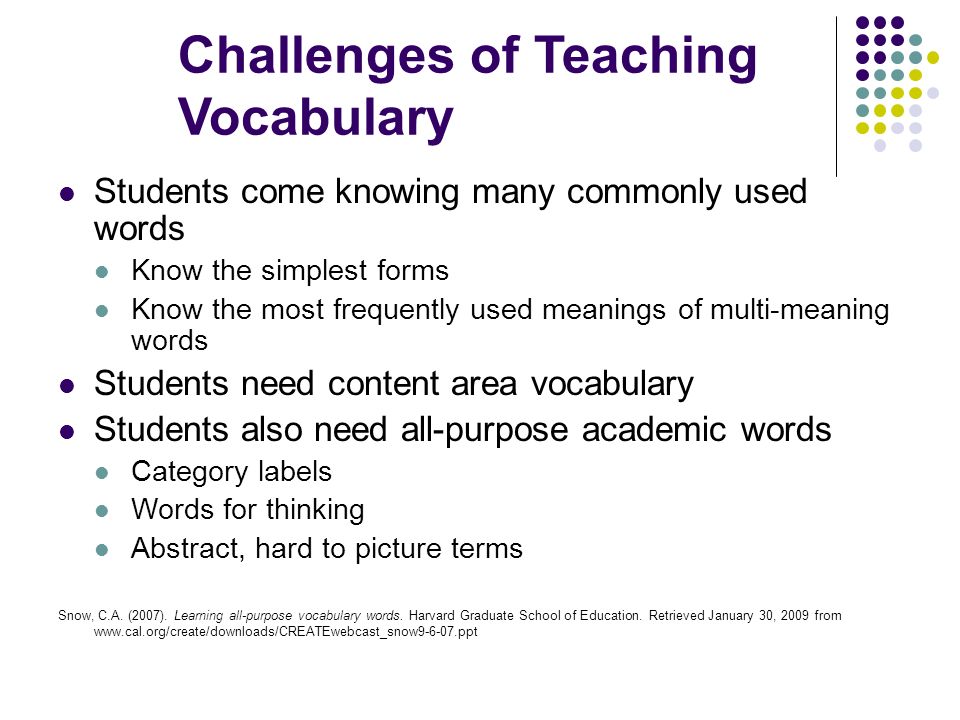 Try to include lots of descriptive details about the characters speaking, as well as all your vocabulary words.”
Try to include lots of descriptive details about the characters speaking, as well as all your vocabulary words.”
Write for a while, then, again, trade and let students read each other’s writing and give feedback on how they used the words.
#4 Word Wall Posters
Have you heard of a word wall? Basically you put vocabulary you’re studying up on your wall, in a visually striking, memorable way (if at all possible). When I’m doing these, I like to assign each student a word and have them create a regular paper-sized poster with their word on it along with complementary images, synonyms, the definition, etc. I like what my friend Melissa says about making sure word wall fonts are BIG so they can be read from across the room, and putting your word wall area up on the part of the wall students are most often facing.
You can choose to put the word wall posters up AFTER whatever vocabulary assessment you use, building a huge wall of posters throughout the year, or you can have them up all week and then take them down before the assessment.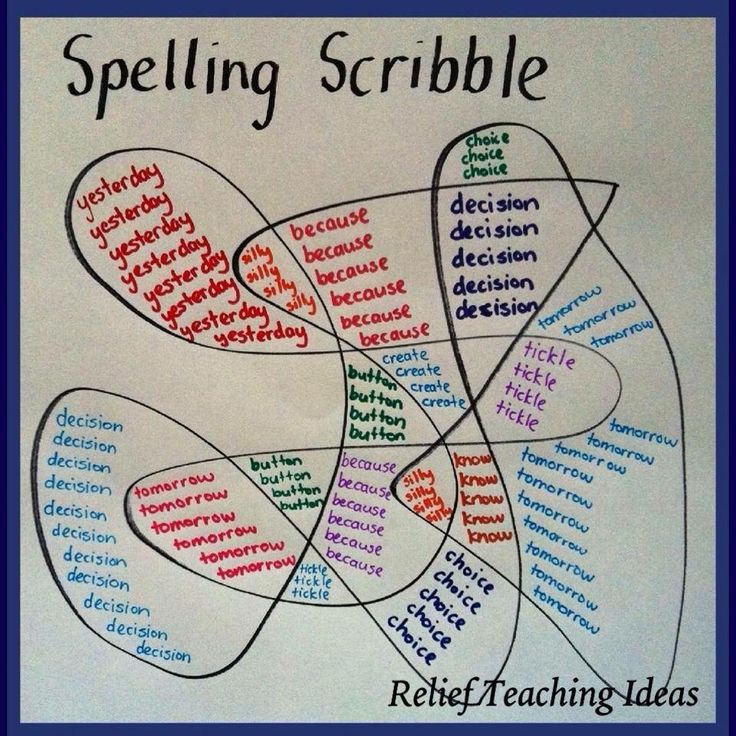 It probably goes without saying, but you won’t want them up during any vocabulary quizzes!
It probably goes without saying, but you won’t want them up during any vocabulary quizzes!
My own personal twist on the word wall concept is that I like to do a get-up-and-move activity with my students once they’ve created their posters. I divide the class in half, and have each half form a circle – one inside the other. Then they turn so they’re each facing a partner. I give everyone thirty seconds to present their word wall posters with their partners, then call for one of the circles to rotate. We repeat this until the circles have gone around. While they won’t see every word during this rapid-fire vocabulary stream, they see a lot, and it’s always fun. (By the way, I call this “rotating circles” and it’s good in lots of situations.)
#5 Vocabulary One-Pagers
Another great way to get students thinking carefully about their words is to have them create vocabulary one-pagers. If you’ve used one-pagers with novels, podcasts, films, or as a getting-to-know you activity, students already know the concept of connecting key imagery and words to distill concepts into a one-pager.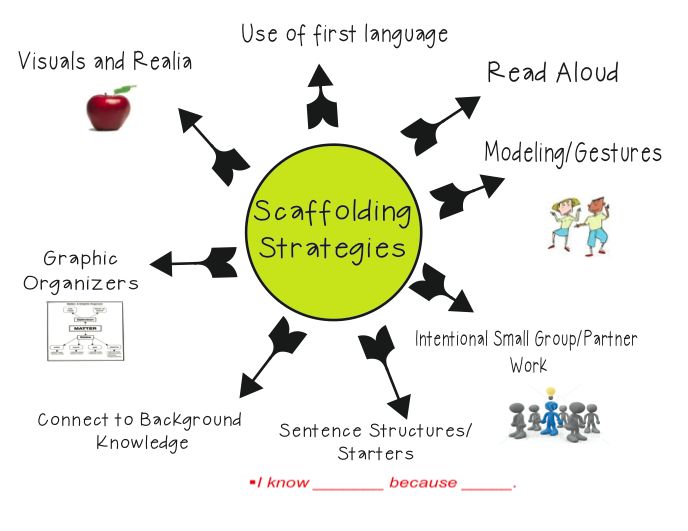 It’s easy to do it with vocabulary too, and it makes the words far more memorable to see them illustrated.
It’s easy to do it with vocabulary too, and it makes the words far more memorable to see them illustrated.
My vocabulary one-pager activity
#6 Vocabulary Review Games
By now, Kahoot and Quizlet are much loved tools for the teachers of a gamer generation. But have you ever tried Quizziz? I discovered this free tool through Jennifer Gonzalez’s info-rich Teacher’s Guide to Tech for 2019. You create quizzes students can play alone or live in your class. Then Quizziz grades them for you so you can see how everyone’s doing.
As a player, you see your ranking after each answer, and you also get a meme response to how you’re doing. I was entertained, and found myself scrambling for the right answers as the countdown timer showed my dwindling response time when I played another teacher’s vocabulary quiz. Here are some screenshots to give you an idea of what the platform is like.
The questions and answers are easy to read
Definitely had two questions wrong after the first handful.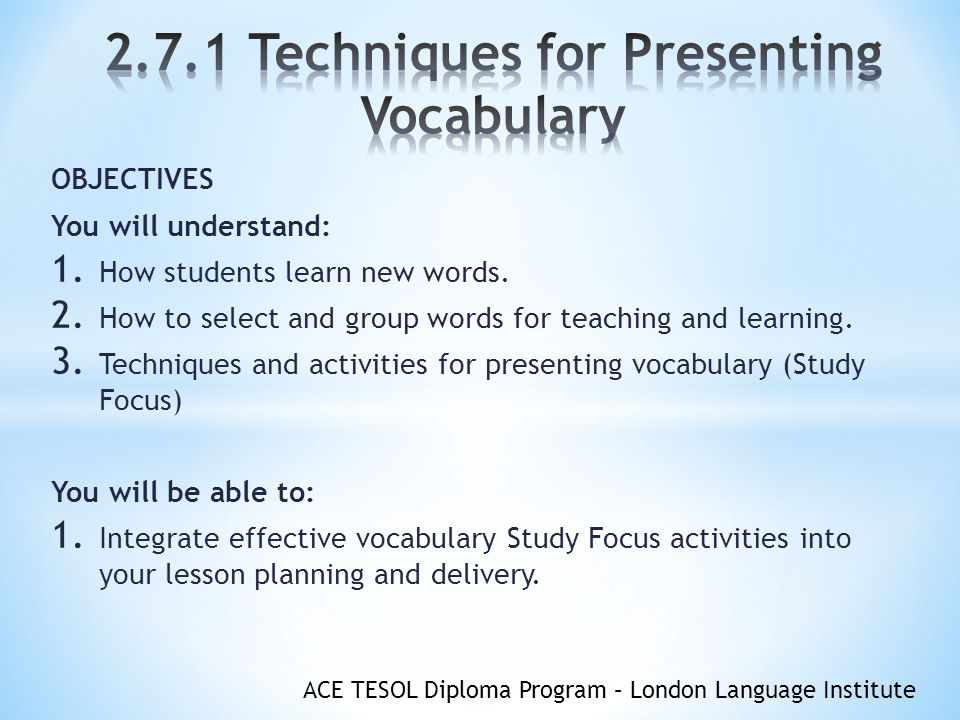 Despite my twenty years of schooling..
Despite my twenty years of schooling..
I salute you, “Sood da Dood.”
The meme responses to whether you get the question right or wrong crack me up.
#7 Vocabulary Tattoo Design
If you’re really struggling to get kids interested in the power of words, try an activity where you assign each student a word and ask them to create the tattoo image for someone who wanted this word as part of a tattoo. Ask them to brainstorm a backstory for why that word was so important to the person, and then come up with an image that connects the word, its meaning, and the backstory. Not easy! But perhaps outside-the-box enough to capture some interest. Then let everyone present back their tattoo designs.
#8 Post-It Stations
Stations are a great way for you to get your kids up and moving around. Try posting words around the room on the walls, then having students move from place to play and put up sentences using the words on post-its. As they circulate, they’ll get to see lots of others’ sentences as well. You’ll want to circulate too, so you can lightly edit post-its that don’t quite get the definition right in their usage. Or you can give this job to a handful of students, making them a team of official editors.
As they circulate, they’ll get to see lots of others’ sentences as well. You’ll want to circulate too, so you can lightly edit post-its that don’t quite get the definition right in their usage. Or you can give this job to a handful of students, making them a team of official editors.
#9 Use your Makerspace
Have you fallen head over heels for Angela Stockman’s #makewriting concept with me? If so, perhaps you have maker elements like legos, clay, art materials, or other loose parts in your classroom. Why not create vocabulary maker challenges? Have student partners build a representation of their assigned word, then write on index cards or mini white boards how their made item represents the word. Proceed to gallery walk!
Fun, free printable poster from Delia Creates. I love it for an ELA Makerspace wall.
#10 Magic Spells
Like the tattoo activity, I think magic spell vocabulary has the potential to grab the attention of students who are really tapped out when it comes to studying vocab.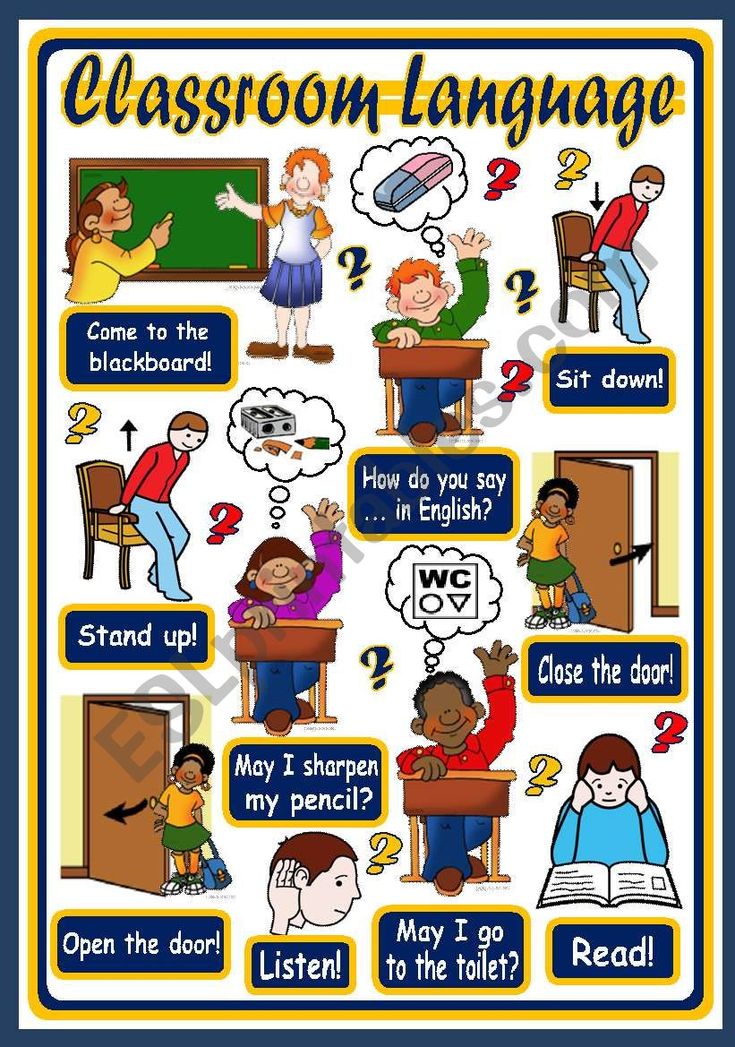
If your class loves Potter, try having them create magic spells that involve the words they’ve been assigned. Rowling does this with spells like “wingardium leviosa” (nice way to learn levitate) and “petrificus totalus” (you get the idea – petrify).
Have students go through their words and come up with a spell for each one, then explain what it does. You could even create a class vocabulary spell book, all working on it live together in class through Google Slides, then run through it at the end and choose your favorites together.
I hope these ideas help! I’d love for you to drop a comment below and let me know if you’re going to try some of them out.
Methodology for expanding the English vocabulary of high school students through advertising texts
Author : Novikova Zlata Konstantinovna
Supervisor : Gorokhova Yulia Vladimirovna
Category : Pedagogy
Posted by in young scientist #22 (417) June 2022
Publication date : 06/02/2022 2022-06-02
Article viewed: 56 times
Download electronic version
Download Part 7 (pdf)
References:
Novikova, Z.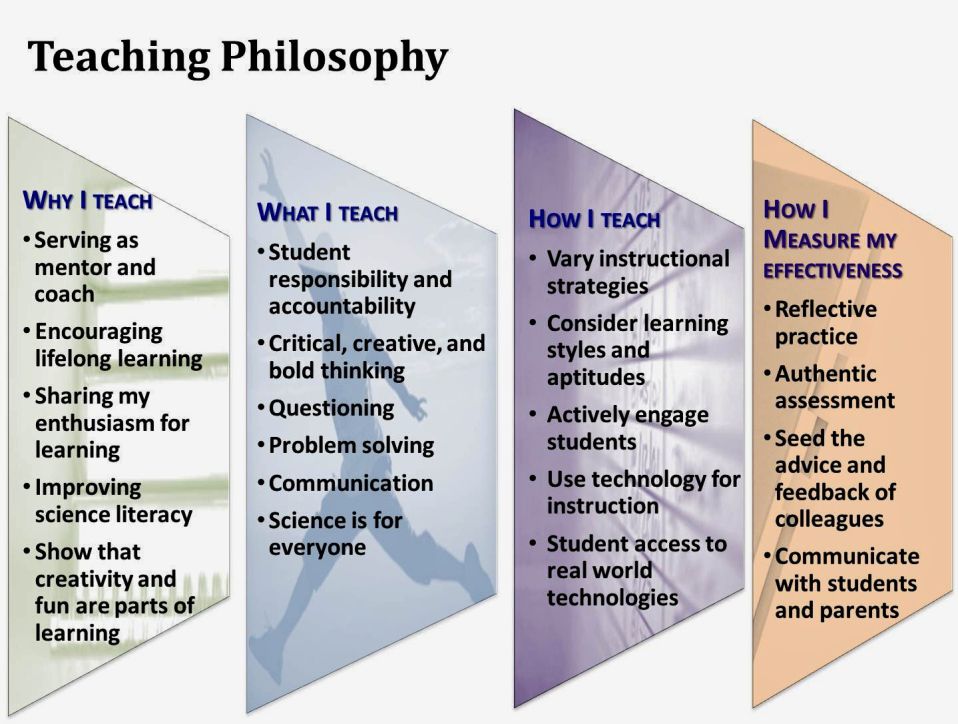 K. A technique for expanding the English vocabulary of high school students through advertising texts / Z. K. Novikova. - Text: direct // Young scientist. - 2022. - No. 22 (417). — S. 512-515. — URL: https://moluch.ru/archive/417/92465/ (date of access: 11/15/2022).
K. A technique for expanding the English vocabulary of high school students through advertising texts / Z. K. Novikova. - Text: direct // Young scientist. - 2022. - No. 22 (417). — S. 512-515. — URL: https://moluch.ru/archive/417/92465/ (date of access: 11/15/2022).
The main goal of learning English in high school is to develop existing knowledge to a level that will allow schoolchildren in specialized institutions to continue studying a foreign language with a profile bias without any problems, as well as easily master all the “everyday” level of English, which will allow students to travel safely and discuss basic topics. In this vein, advertising texts represent fertile material, because it meets all the requirements for teaching a foreign language in high school, and also increases the motivational aspect in learning. Advertising texts carry a huge lexical potential and their use in English lessons will help to form a full-fledged active and passive stock of English words in schoolchildren.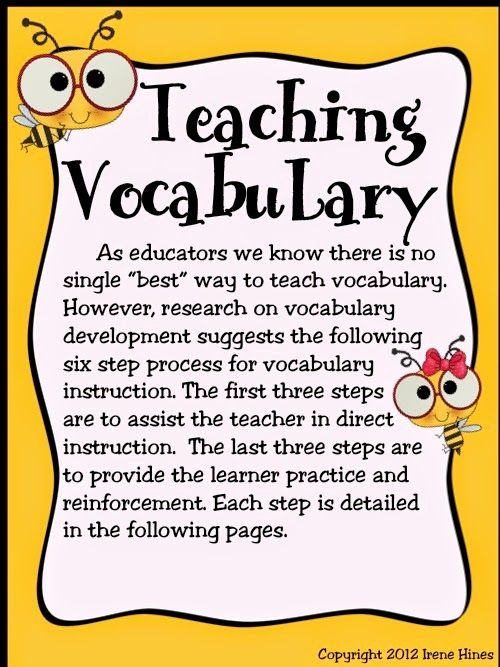 For teaching, the teacher must always have up-to-date material in the target language, namely, one that reflects the current state of the foreign language. Due to their specificity, advertising texts are one of the most suitable materials for expanding vocabulary at the senior stage of schooling.
For teaching, the teacher must always have up-to-date material in the target language, namely, one that reflects the current state of the foreign language. Due to their specificity, advertising texts are one of the most suitable materials for expanding vocabulary at the senior stage of schooling.
All of the above determines the relevance of this work.
The purpose of this study is to identify and develop methods for expanding the English vocabulary of high school students through advertising texts at the senior stage of education.
Mastering the vocabulary is an important part of the work on the communicative competence of the student. Possession of only a minimum number of language units can limit a student in speech skills and complicate the further process of developing a foreign language. Therefore, it is very important in English lessons to regularly and constantly improve the vocabulary of schoolchildren. If we take into account the pedagogical process, then the vocabulary is usually divided into three categories: active vocabulary, passive and potential.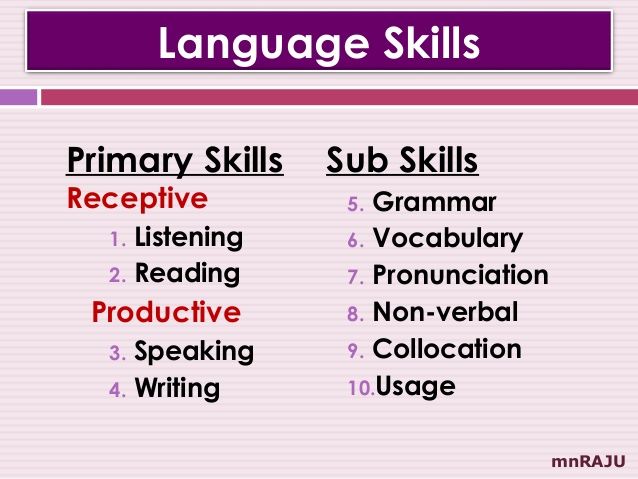
The main difference between the active passive and potential vocabulary is that when mastering the passive and potential vocabulary, the student cannot immediately extract the word from memory and bring it into speech, however, he can quickly learn it in passive types of language activity (reading, listening). research, passive and potential vocabulary is always greater than active and is of great importance in the further development of communicative competencies. Thus, training in potential and passive vocabulary comes down, first of all, to the very mastery of the methodology and technique of recognizing unfamiliar words. Passive and potential vocabulary greatly expands the lexical capabilities of high school students when teaching receptive types of speech activity. Before proceeding to the methods of increasing the vocabulary of high school students, it is necessary to analyze the principles of working with lexical tasks. First of all, it must be remembered that the cognitive process is directly proportional to the assimilation of lexical units, because such a process ensures the memorization of the image of the word.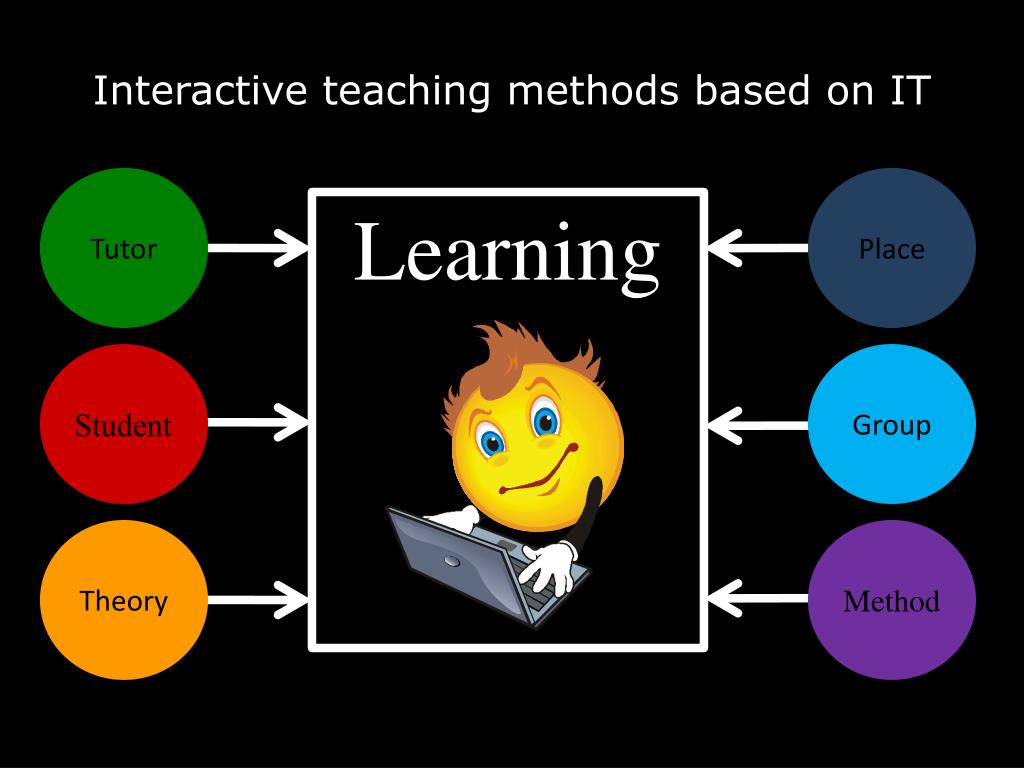 The cognitive process of memorizing words must be conscious and gradual. Mechanical memorization of a huge amount of lexical units does not meet the criteria for the work of the cognitive process in schoolchildren and, as a result, is not appropriate [Shcherba, 156 p.]. Particular attention should be paid to the methods of working out and practical exercises at the initial stage of mastering a foreign language lexical unit. Work with the word should be carried out repeatedly, thanks to which the knowledge of lexical stereotypes is formed in schoolchildren. Performing exercises such as substitution, correlation, transformation help students understand the area of application of the word, translate it into working memory, understand its lexical, grammatical and contextual use. After the formation of the cognitive image of the word, the student learns to consciously, creatively, variably and quickly use the desired lexical unit, bringing it into active speech. Since high school students have long formed all receptive and productive skills, when working with them, the teacher’s range of tasks is significantly expanded, because here the teacher can use such methods of working with vocabulary as discussion, projects, creative tasks based on compiling advertising texts.
The cognitive process of memorizing words must be conscious and gradual. Mechanical memorization of a huge amount of lexical units does not meet the criteria for the work of the cognitive process in schoolchildren and, as a result, is not appropriate [Shcherba, 156 p.]. Particular attention should be paid to the methods of working out and practical exercises at the initial stage of mastering a foreign language lexical unit. Work with the word should be carried out repeatedly, thanks to which the knowledge of lexical stereotypes is formed in schoolchildren. Performing exercises such as substitution, correlation, transformation help students understand the area of application of the word, translate it into working memory, understand its lexical, grammatical and contextual use. After the formation of the cognitive image of the word, the student learns to consciously, creatively, variably and quickly use the desired lexical unit, bringing it into active speech. Since high school students have long formed all receptive and productive skills, when working with them, the teacher’s range of tasks is significantly expanded, because here the teacher can use such methods of working with vocabulary as discussion, projects, creative tasks based on compiling advertising texts. For a visual demonstration of this theoretical part, a number of exercises were developed to expand the vocabulary of schoolchildren based on advertising texts. These exercises were successfully tested in the English lessons at MBOU "CO" No. 21 (Tula) among students of 11 "G". The exercises below were based on the methods of Palmer, Harold P., Freese C., and Lado. At the same time, according to these methods, all the exercises were done orally, with the perception of the material by ear, its repeated imitation and with the exception of the written form of work. Only through oral speech lies the path to the development of lexical material by the student.
For a visual demonstration of this theoretical part, a number of exercises were developed to expand the vocabulary of schoolchildren based on advertising texts. These exercises were successfully tested in the English lessons at MBOU "CO" No. 21 (Tula) among students of 11 "G". The exercises below were based on the methods of Palmer, Harold P., Freese C., and Lado. At the same time, according to these methods, all the exercises were done orally, with the perception of the material by ear, its repeated imitation and with the exception of the written form of work. Only through oral speech lies the path to the development of lexical material by the student.
For example, to expand the vocabulary of schoolchildren to the level of "B1-B2", you can use the advertising company of the drink "Postum". Schoolchildren are given the following words with a Russian translation and an excerpt of the text for familiarization:
| Read the following words: | Read the following text and pay attention to the new words. |
| The World Wants Brainy Men "Brains" are always in demand and are paid a "premium", because brainy men do things. Brains wear out as certainly as the body if not properly nourished. Grape-Nuts is a true Brain and Body Food. It nourishes and strengthens the nerve centers - feeds the nerve cells. Daily wear and tear is replaced by the natural food elements stored by Nature in the Wheat and Barley of which Grape-Nuts is made. Grape-Nuts food does much to keep one right for business or frolic. "There's a Reason" |
After reading and familiarizing themselves with these words and this passage, the students will take turns asking questions with the indicated words and answering the interlocutor's question.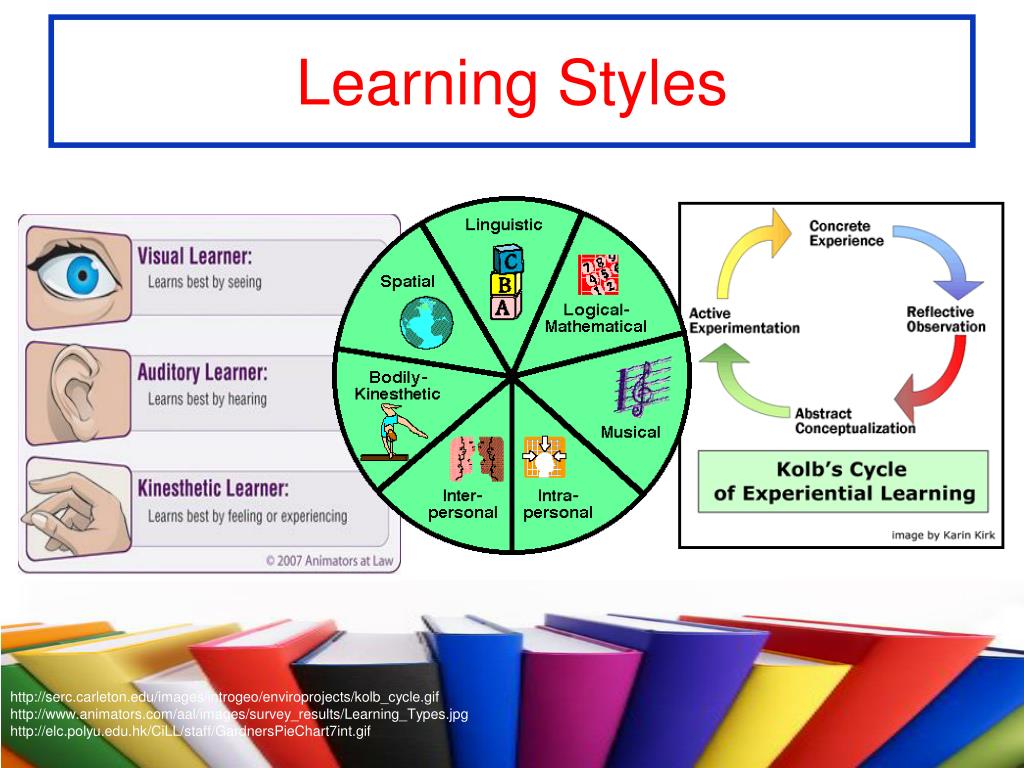
In addition to the oral method of Harold Palmer, a set of exercises for expanding the vocabulary of students was based on the audio-lingual method of Charles Freese and Robert Lado
This method involves a comprehensive mastery of the lexical aspect of the English language and, like no other, is suitable for the age of older students.
For example, the following advertising text can be taken as a basis
| Read and translate the following words: | Read the following text and pay attention to the new words. | Do the following task |
| - to hire, - to save money, -to decide on, essentially, - well — thought, to focus on, - skills required, —qualities, —responsibility. | Sample Nanny Job Post Finding a nanny can seem overwhelming. Who would you hire? How would you find great candidates? How can you save money? Now that you've decided on a nanny, and to let Nanny Lane help you, you need to create a nanny job post. It's essentially a well-thought out and structured job description. We recommend writing your nanny job post with your share-family, and focusing on five categories: Job Post Title, About Us, Hours, Qualities and Skills Required, and Responsibilities". |
|
Before working with this text, it is necessary to draw the attention of students to the presented lexical units.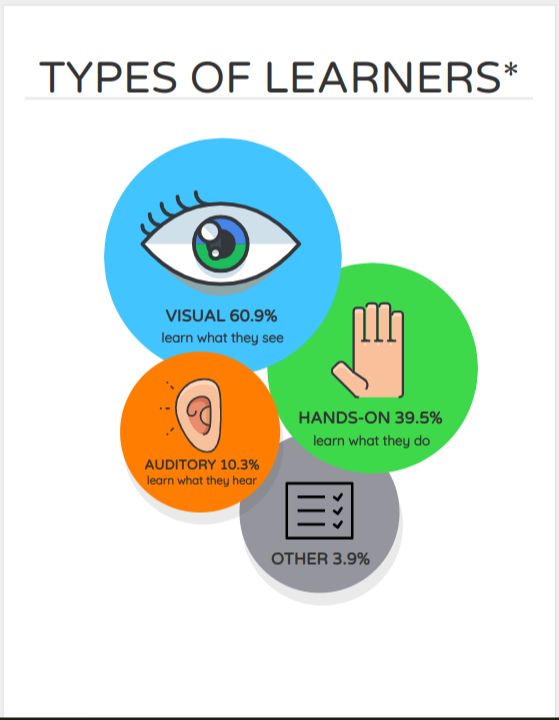 Then the teacher, together with the students, reads the text aloud, semantizes the vocabulary and the meaning of the text itself. After closing the gaps in the understanding of the text, students need to move on to training receptive skills and memorizing new lexical units using a series of the following exercises. For example, to get started with these lexical units, you can use an application such as Quizlet. After familiarizing themselves with the flash cards, students can do a number of the above tasks.
Then the teacher, together with the students, reads the text aloud, semantizes the vocabulary and the meaning of the text itself. After closing the gaps in the understanding of the text, students need to move on to training receptive skills and memorizing new lexical units using a series of the following exercises. For example, to get started with these lexical units, you can use an application such as Quizlet. After familiarizing themselves with the flash cards, students can do a number of the above tasks.
In addition to the oral method of Harold Palmer and the audio-lingual method of Charles Freese, when expanding the vocabulary of older students, you can use the audiovisual method of Rivan and Guberin
So, for example, to work out this method, you can take commercials. It is commercials that contain lively speech and active vocabulary, form phonetic skills. McDonald's promotional videos often contain everyday dialogue. To expand your vocabulary, you can use tasks that are based on a 2013 commercial.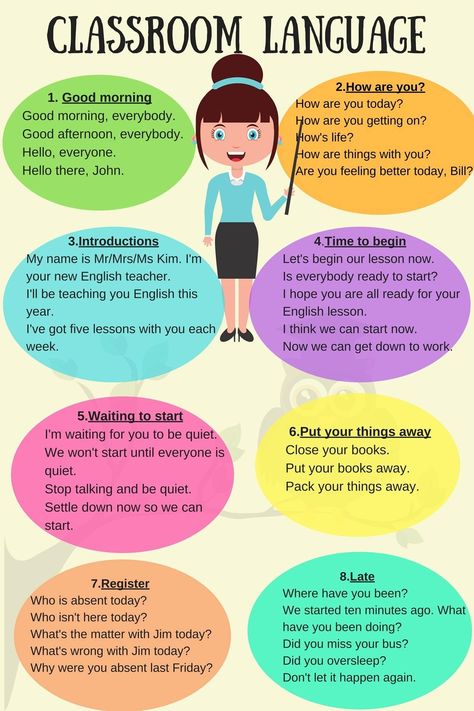 This commercial includes a dialogue between two elderly people.
This commercial includes a dialogue between two elderly people.
| The dialog script looks like this: | Work with this video clip will take place in several stages: |
| - Hey, you are late again. Four minutes ago. You are always late the exact amount of time —I am not late. —I know you are always late. Nine o'clock, nine o'clock. Don't stare, you just took a quick look Watch me. —Hey, look, who is early for once— —look what the cat dragged in, yeah —Here is your paper. You can't stare at her dressed like that. Common. shape up. -Wow, look at you. Something landed on your head. You were left right. —She is here again. She must have a reason. Who is that? not much of a_dresser. —It is top of the link It cost a lot of money —Excuse me, it is so crowded. Would you mind terribly if I sat down here —Oh, no, go right ahead —My name is Jack by the way, what is yours —I am Grace — Glad to meet you —He doesn't even know her —Wow, you ordered the same that I did —Fate —Oh yes —She must like bears. You should have put that thing on your chin instead of the head | 1) Primary audition 2) Analysis of difficult moments, new words orally 3) Repeat with the announcer 4) Imitation of dialogue by students 5) Listen to the dialogue and fill in the gaps |
In addition to commercials, you can use promotional booklets.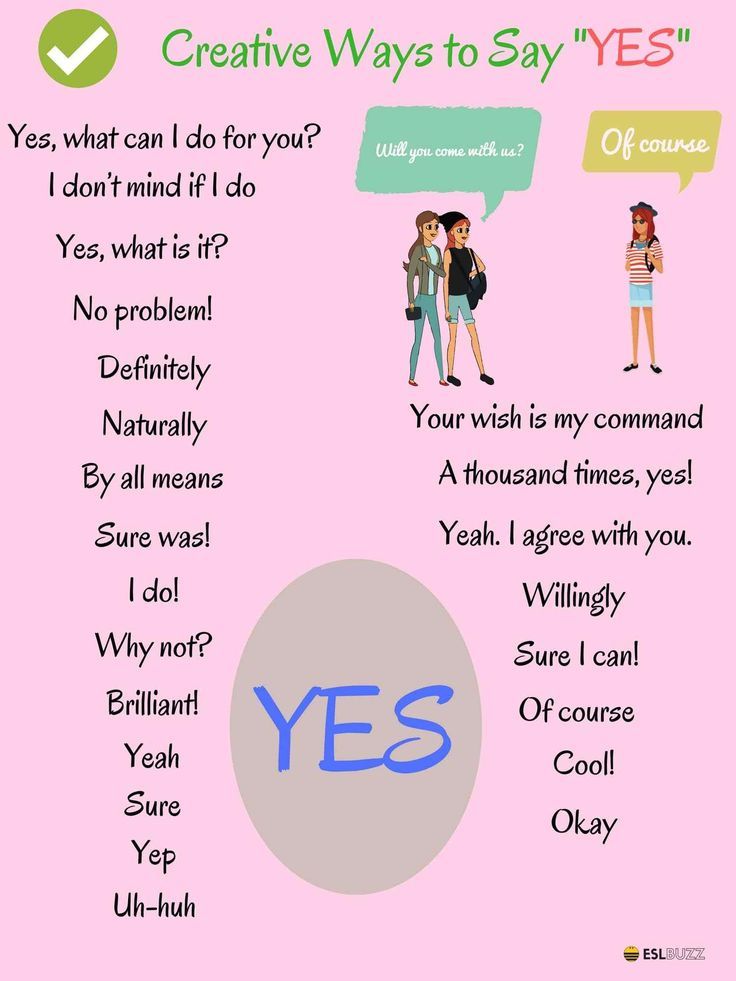 For example, when creating different exercises, you can use the advertising booklet for Snickers products (the text is presented below).
For example, when creating different exercises, you can use the advertising booklet for Snickers products (the text is presented below).
| Advertising text | Tasks |
| "OH DEAR IT'S HARD TO SPEL WHEN YOUR HUNGRY IF YOU KEEP MAKING TYPING MISTAKES GRAB YOURSELF A SNICKERS FAST" |
|
When developing this study, the goal was, first of all, to identify and develop a methodology for expanding the vocabulary of the English language at the senior stage of education for high school students based on exercises using advertising texts. Goal has been achieved
Goal has been achieved
The methods presented above, on which special exercises were developed, show high progress among schoolchildren, and, therefore, justify their use.
Literature:
- Text] / A. A. Leontiev // Language of mass media: textbook. allowance, 2011, 296 p.
- [Text] / A. D. Krivonosov. - St. Petersburg: Petersburgekos Oriental Studies, 2002, p.121
- Quizlet [Electronic resource]. — Electron. Text, graphics, sound data and application program (76565 bytes). — Learning tools & flashcards — URL: https://quizlet.com/_b8cgd2?x=1jqt&i=3mk40f
- A. Leontiev. - M .: Education, 1969. 214 p.
- Azimov E. G. New Dictionary of Methodological Terms and Concepts: Theory
- and the practice of teaching languages - M .: IKAR, 2010. - 446 p.
- Belyaev BV Essays on the psychology of teaching foreign languages. M., 1965.
- Vanyagina Marina Romanovna "The use of mnemonics for teaching foreign vocabulary" Pedagogy and Educational Psychology, no.
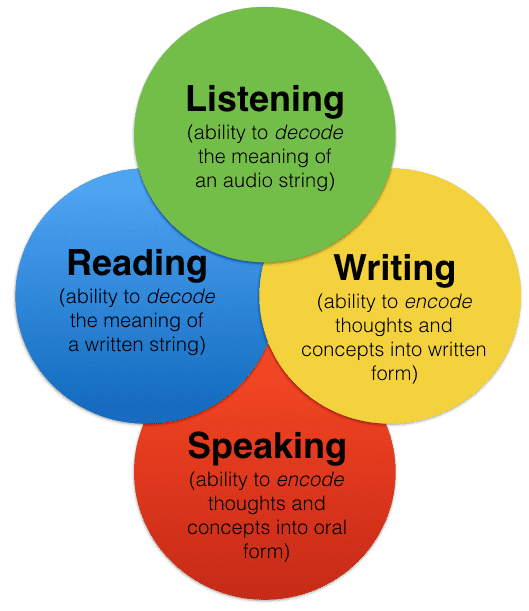 3, 2019, pp. 71–85.
3, 2019, pp. 71–85. - Dorligin Amarzaya. Modern Russian political discourse Moscow, 1999 129 p.
- Law on Education in the Russian Federation”: Paragraph 6 of Article 2 of the Federal Law of December 29, 2012 N 273-FZ
- I. Kuvshinov V.I. On working with vocabulary in English lessons // IYaSh, No. 5,1995.
- Advertising industry . URL: https://adindustry.ru/doc/1121 ) // [Electronic resource]
- Krivobokova I. Ya. Some methods of working on vocabulary // IYaSh, 1980.
- Passov E. I. Textbook on the methodology of teaching foreign languages. Voronezh, 1975.
- Passov E.I., Kuzovleva N.E. A foreign language lesson. M., 2010.
- Federal State Educational Standard of Secondary (Complete) General Education [Electronic resource]: Order of the Ministry of Education and Science of Russia dated May 17, 2012 No. 413. URL: GEF of secondary general education (grades 10–11)
- Shcherba L.
 V. Teaching foreign languages in secondary school.
V. Teaching foreign languages in secondary school. - General questions of methodology - M .: Higher school. - 1974. - 112 p.
Basic terms (automatically generated) : English, vocabulary, student, foreign language, vocabulary, word, senior stage of learning, text, cognitive process, potential vocabulary.
Similar articles
Formation and development of
lexical skills in the process ...Teaching foreign languages is multicomponent process , which includes a number of skills and abilities. Mastering the lexical skill is of system-forming importance, since vocabulary, along with grammar, is the basis of any language .
To the question about the sources
of the potential vocabulary when reading on.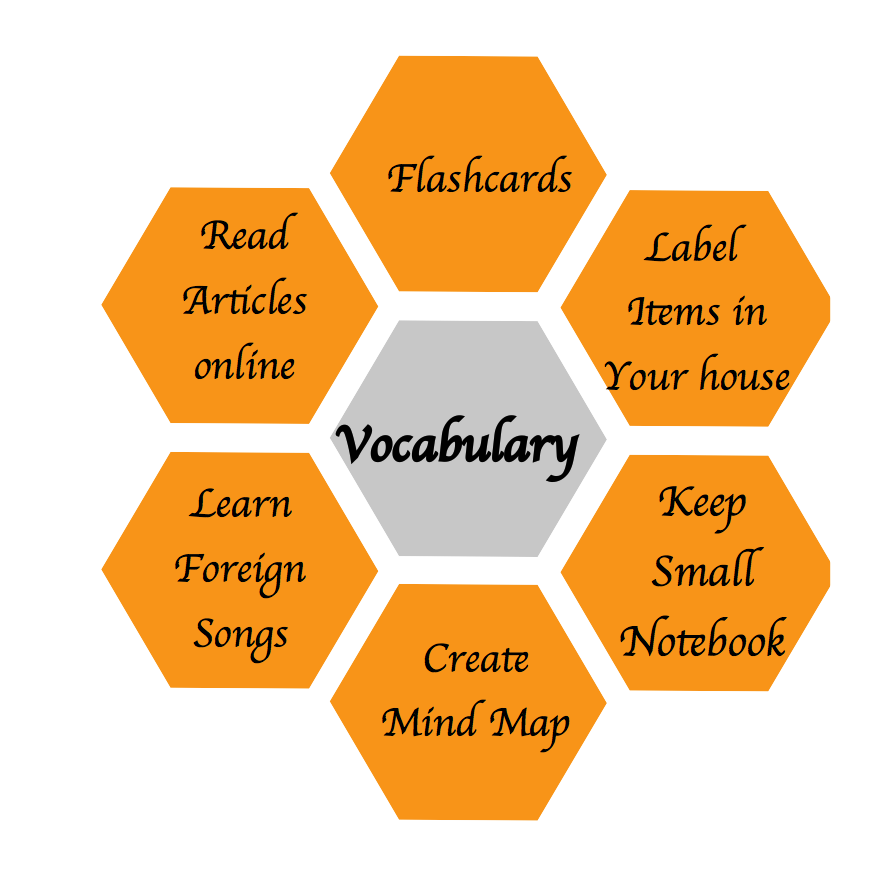 ..
.. The article is devoted to the problem of teaching to read in a second foreign language . 9 sources considered0355 potential vocabulary stock . A review of publications on this issue is given. The categories of words with different derivation of meaning, as well as techniques are highlighted...
The use of adapted literature as a means of motivation...
At the present time learning foreign language occupies an important position in
It will help hone and consolidate the formed reading skills, increase vocabulary stock
At the initial stage of learning English language is included in the lesson with.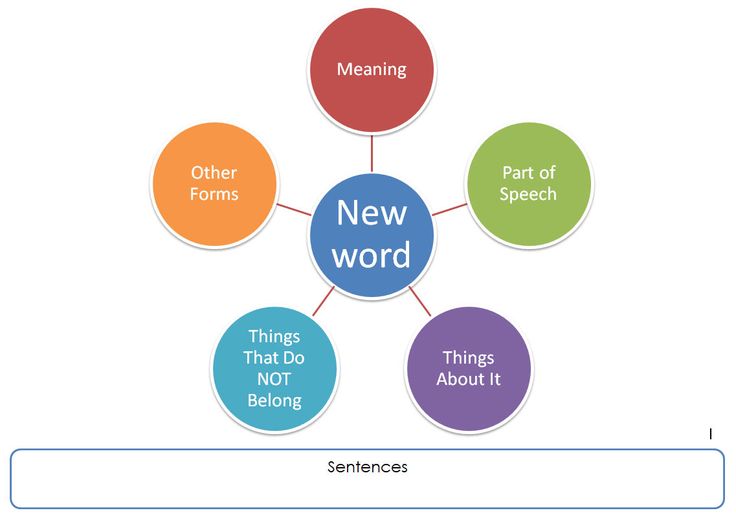 ..
..
"Smart" technologies for memorizing
words in English lessons ...Keywords : mnemonics, effective methods, vocabulary stock , English
The relevance of the study lies in the fact that vocabulary vocabulary English words
Teaching foreign languages is a multicomponent process ... Difficulties learning vocabulary English language at school
As with learning phonetic system English language , and Learning Lexics
To this can be moved to the middle and senior grades to enrich of the vocabulary stock
All Docabulary English , like all Indo -European languages . Vocabulary stock is one of the most important and fundamental components of language : thanks to him, students are able to understand spoken and written speech. Many studies have been carried out to improve students' ability to learn... Key words : game, learning , foreign language , motivation, communicative process , skills. Study foreign language language is currently becoming Awakening interest in learning foreign language (in particular English ) and in foreign language communicative . When learning a foreign language students face many difficulties, one of which is the difficulty of memorizing new vocabulary. Undoubtedly, it is important to replenish vocabulary stock at any stage learning foreign language language . Unfamiliar words included in text may present varying degrees of difficulty for students. It all depends on the type and purpose of reading As students improve their analytical mechanisms and accumulate vocabulary stock , the material of the text becomes more complicated. Learning foreign languages is a multi-component process that includes a range of skills and abilities. Mastering the lexical skill is of system-forming importance, since vocabulary, along with grammar, is the basis of any language . The article is devoted to the problem of teaching to read in a second foreign language . The sources of the potential vocabulary stock are considered. A review of publications on this issue is given.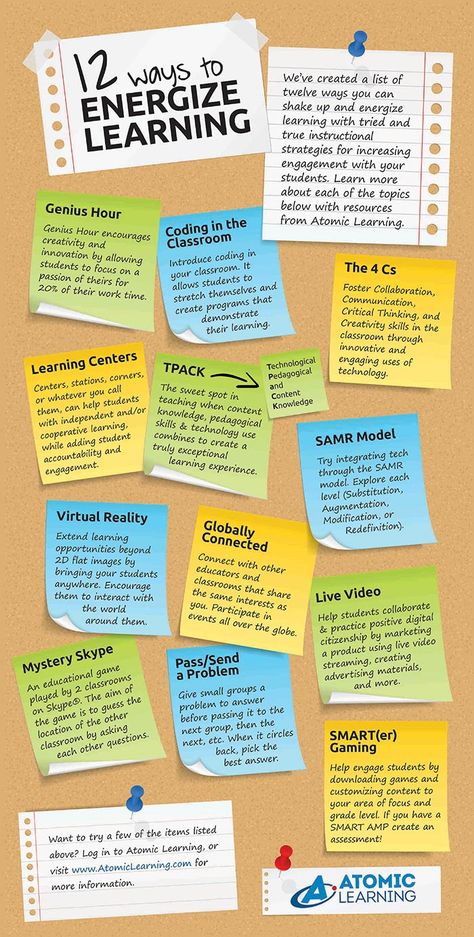
The application of mobile technology for the development of
lexical ... To the question of the role of the game in the classroom
foreign language at the university 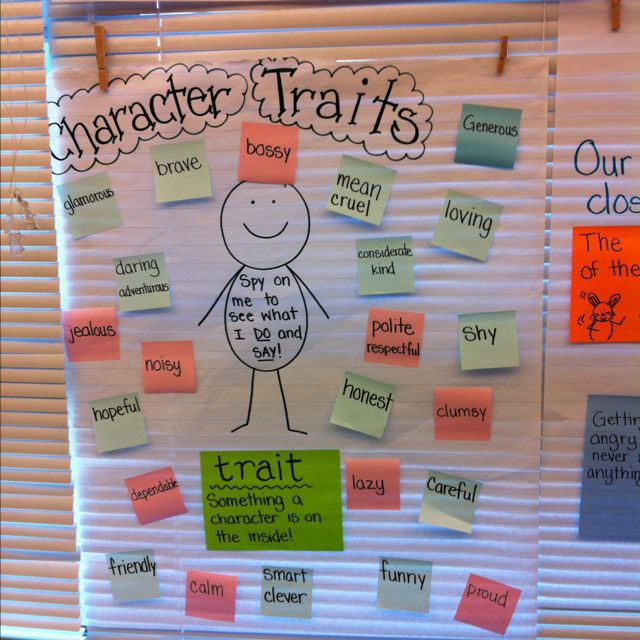 ..
.. The influence of the study of etymology on the assimilation of a new
foreign ... Modern approach to education
. New requirements... 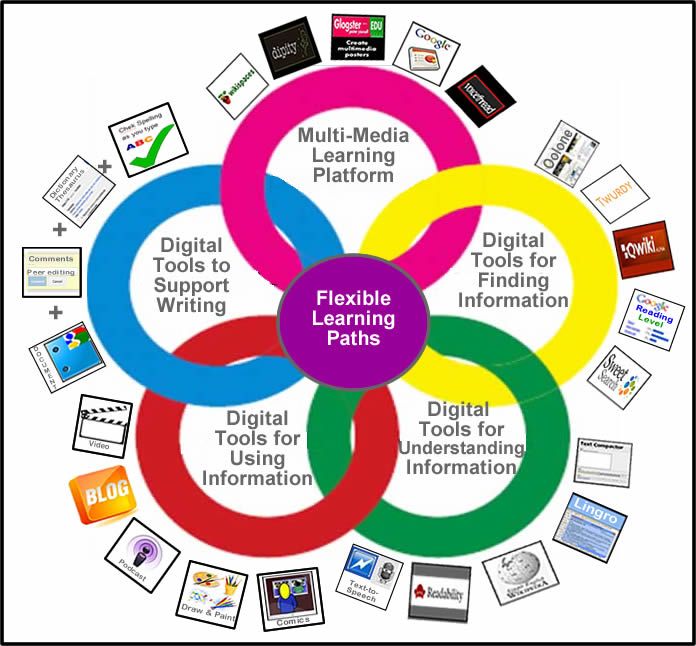
Similar articles
Formation and development of
lexical skills in the process ... To the question about the sources
of the potential vocabulary when reading on... 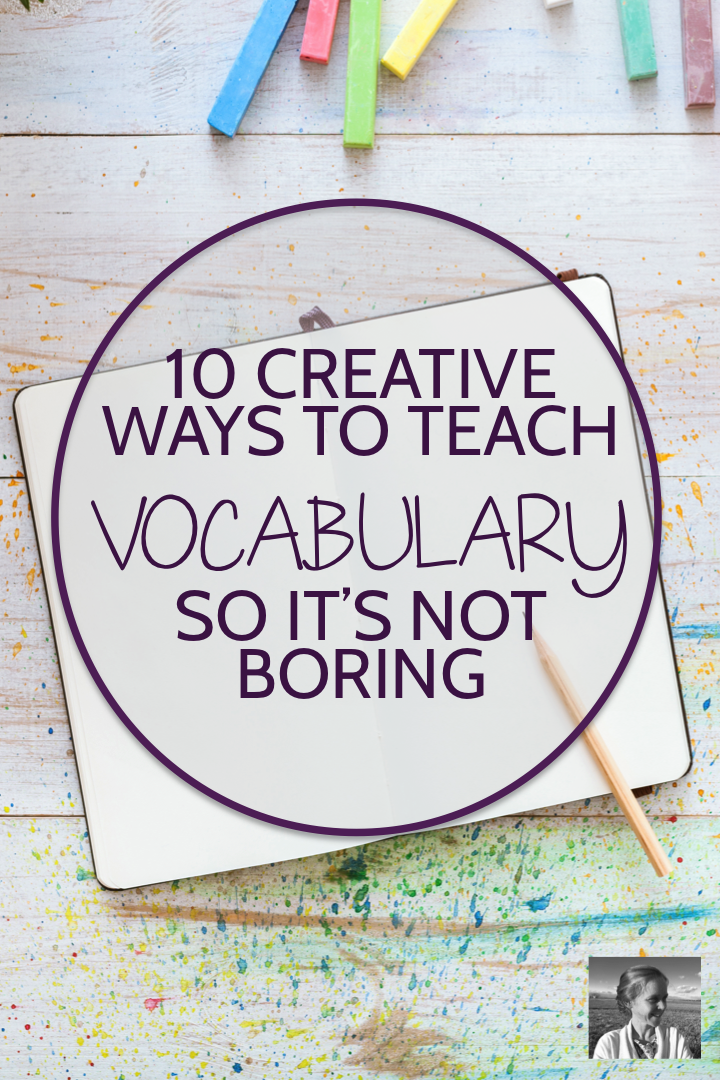 The categories of words with different derivation of meaning, as well as techniques are highlighted...
The categories of words with different derivation of meaning, as well as techniques are highlighted...
Difficulties
learning vocabulary English language at schoolBoth in teaching the phonetic system of English of the language and in teaching of vocabulary
0356
The entire vocabulary composition of English , like all Indo-European languages , is subdivided into...
The application of mobile technology for the development of
lexical ... Vocabulary vocabulary is one of the most important and fundamental components of the language: thanks to it, students are able to understand spoken and written speech. A lot of research has been done to improve students' ability to learn...
A lot of research has been done to improve students' ability to learn...
To the question of the role of the game in the classroom
foreign language at the universityKey words : game, learning , foreign language , motivation, communicative process , skills. Learning foreign language language is now becoming
Awakening interest in learning foreign language language (in particular English ) and foreign language communicative...
The influence of the study of etymology on the assimilation of a new
foreign ... When learning a foreign language students face many difficulties, one of which is the difficulty of memorizing new vocabulary.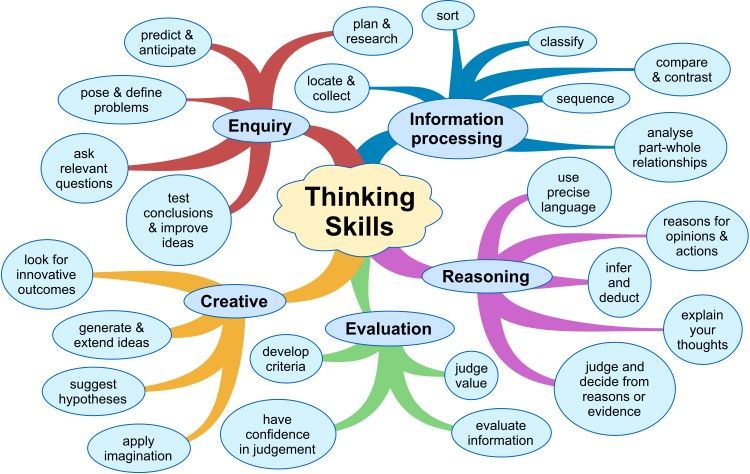 Undoubtedly, it is important to replenish vocabulary stock at any stage of learning foreign language language .
Undoubtedly, it is important to replenish vocabulary stock at any stage of learning foreign language language .
Modern approach to education
. New requirements...Unfamiliar words included in text may present varying degrees of difficulty for students. It all depends on the type and purpose of reading
As students improve their analytical mechanisms and accumulate vocabulary stock , the material of the text becomes more complicated.
How to develop vocabulary | Blog 4brain
The richness of any language is in its words, and the Russian language is known throughout the world for its diversity. Thanks to this, each of us can talk, convey our thoughts, express ourselves eloquently. The accuracy of the formulations we select and the beauty of speech directly depend on the amount of vocabulary that we have.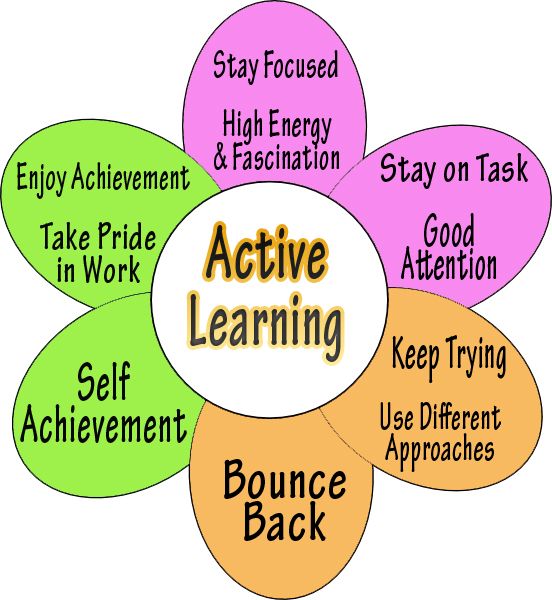 The more words we know, the more often we use them, the brighter and more colorful our speech, the more accurately we convey the meaning. In addition, a rich vocabulary is evidence of the intellectual development of a person. It can be useful to us at work, in school, in public speaking, in normal everyday communication. That is why the development of vocabulary is so important and even necessary. In our articles “10 Ways to Increase Your Vocabulary” and “Strategies for Enriching Your Vocabulary”, we have already talked about this topic, but there is something to add here.
The more words we know, the more often we use them, the brighter and more colorful our speech, the more accurately we convey the meaning. In addition, a rich vocabulary is evidence of the intellectual development of a person. It can be useful to us at work, in school, in public speaking, in normal everyday communication. That is why the development of vocabulary is so important and even necessary. In our articles “10 Ways to Increase Your Vocabulary” and “Strategies for Enriching Your Vocabulary”, we have already talked about this topic, but there is something to add here.
What you need to know about vocabulary
To begin with, it is useful to know that in the science of language, it is customary to use a special term for vocabulary - "lexicon". It is the best suited to convey the essence of the concept of "vocabulary". It is important to understand that the lexicon is not just an archive of words, but a whole complex of vocabulary units of the language that society uses and a person owns.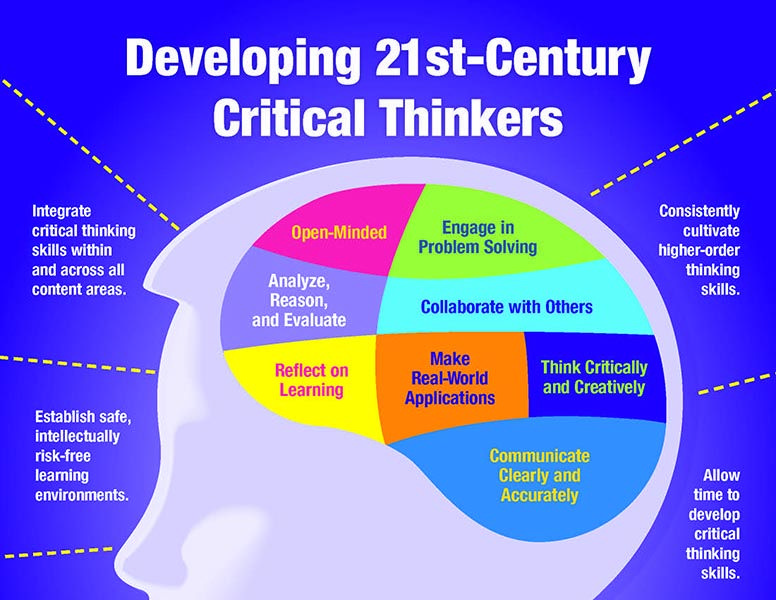
And here we must immediately clarify that having a vocabulary and using it are two different things, and one should not be equated with the other. Lexicon includes:
- Active vocabulary. This includes the set of words that we use every day, constantly, communicating with relatives, friends, work colleagues and everyone around us. Also, these are the words that we hear from other people and can freely insert into our speech, without really thinking about their meaning. We use active vocabulary not only in oral speech, but also when we write letters, SMS, messages on social networks, etc. The main features of an active lexicon are the freedom of its use and the absence of any need to make efforts to select certain words, to look for their meanings in memory.
- Passive vocabulary. Here are all the words that we know, including those whose meaning we can easily understand when they come across to us in someone else's speech, the Internet, written sources.
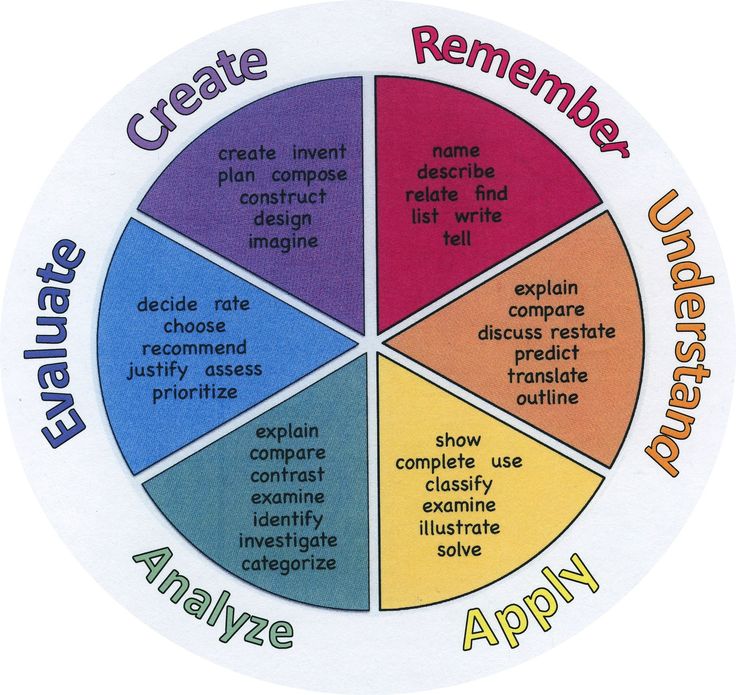 However, these are all words that we use very rarely or not at all in our speech. It is easy to guess that the passive lexicon can be several times larger than the active one. Naturally, if necessary, we can delve into the memory and find words from the passive vocabulary there, but in ordinary life they serve as unused "baggage".
However, these are all words that we use very rarely or not at all in our speech. It is easy to guess that the passive lexicon can be several times larger than the active one. Naturally, if necessary, we can delve into the memory and find words from the passive vocabulary there, but in ordinary life they serve as unused "baggage". - External vocabulary. This definition is most often used in psycholinguistics to refer to words that a person does not know and which belong to specific areas of knowledge. If we meet such words in someone's speech or text, we will not understand their meanings. The external lexicon can be called a "blind zone", within which there are archaisms, neologisms, professionalisms, highly specialized concepts, terms, etc.
It is not always possible to define clear boundaries between different types of vocabulary, since they are quite blurry and can constantly shift from one side to the other. Plus, you need to understand that, for example, a child who is just going to school can literally speak a couple of thousand words, and by the end of school there are already about five thousand of them in his lexicon.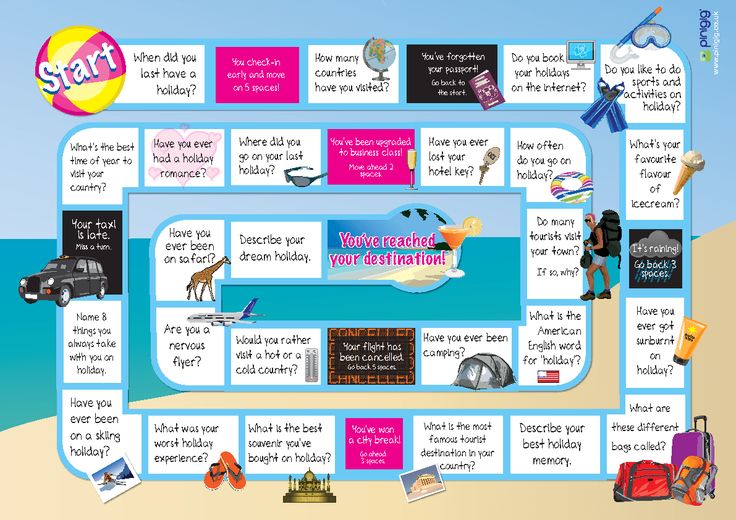 And, in principle, this amount is already quite enough for everyday life; almost all of these words are actively used.
And, in principle, this amount is already quite enough for everyday life; almost all of these words are actively used.
If a person continues to study, reads and learns new things, his vocabulary can expand to ten thousand words, but a huge number of them will already belong to the passive vocabulary. But the lexicon of true scholars and intellectuals sometimes has up to 50 thousand words. Of course, only a small part of them will be actively used. The rest will be used by such people to communicate with similar scholars or in the process of reading specific literature. At the same time, their passive vocabulary for most ordinary people will be in the zone of external vocabulary.
Next, we will focus on how to develop active vocabulary. We also advise you to read the article “How to transfer vocabulary from passive to active vocabulary” and take a short video test to find out approximately how developed your vocabulary is currently.
YOUTUBE How rich is your vocabulary
Vocabulary development
The following exercises and techniques for the development of speech and vocabulary are perfect for children and schoolchildren, as well as for students and adults.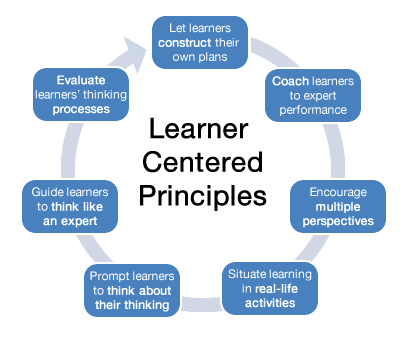 There are no special rules and instructions for their implementation, except for the only one - they must be applied, and the more often you exercise, the better results you will achieve. Let's start by looking at three groups of tasks, and then we will give some useful recommendations.
There are no special rules and instructions for their implementation, except for the only one - they must be applied, and the more often you exercise, the better results you will achieve. Let's start by looking at three groups of tasks, and then we will give some useful recommendations.
General exercises for the development of vocabulary
Exercises from this group can be performed orally or in writing:
- Exercise "Alphabet". You need to come up with sentences in which words begin with each letter of the alphabet in order. For example: “Antosha wanders in the thick of trees, eats honeysuckle, yawns. And the beauties of the forest sweetly, gently captivate ... ”etc. Try to come up with sentences using all the letters from A to Z.
- Exercise "Nouns". You are telling a short story using only nouns. For example: "Morning. Coffee. Car. Office. A computer. Dinner. Evening. The outside. House. Entrance", etc.
- Exercise "Verbs".
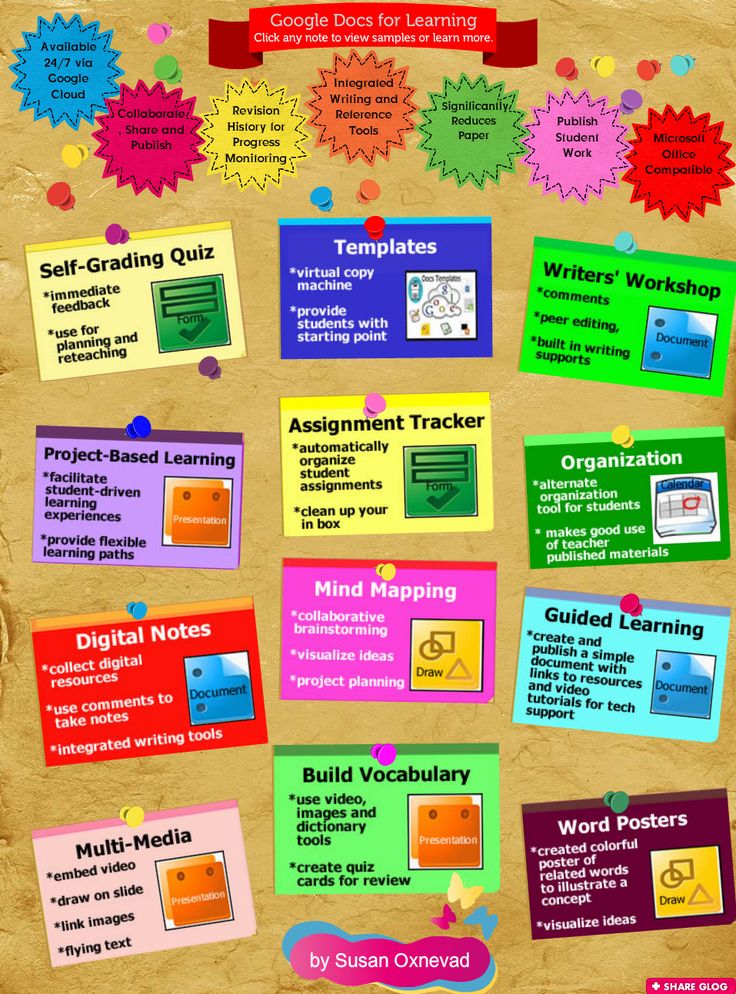 Similar to the previous exercise, you tell a short story using only verbs. For example: "I came, I saw, I conquered."
Similar to the previous exercise, you tell a short story using only verbs. For example: "I came, I saw, I conquered." - Exercise "Adjectives and adverbs". Everything is done, as in the previous exercises, only using adjectives and adverbs.
- Exercise "Monophone". You come up with sentences in which all words begin with the same letter. The words must be linked. It is desirable that the meaning be preserved, but at the first stage, you can give yourself an indulgence - not to think too much about the meaning.
At first, these exercises will not be easy, especially for schoolchildren and children, but with practice, the results will get better: it will become easier to make interesting sentences and stories, and new words will gradually appear in everyday speech.
Simple and quick vocabulary development techniques
As we already know, the development of speech and vocabulary is necessary primarily for voicing thoughts and conveying meaning.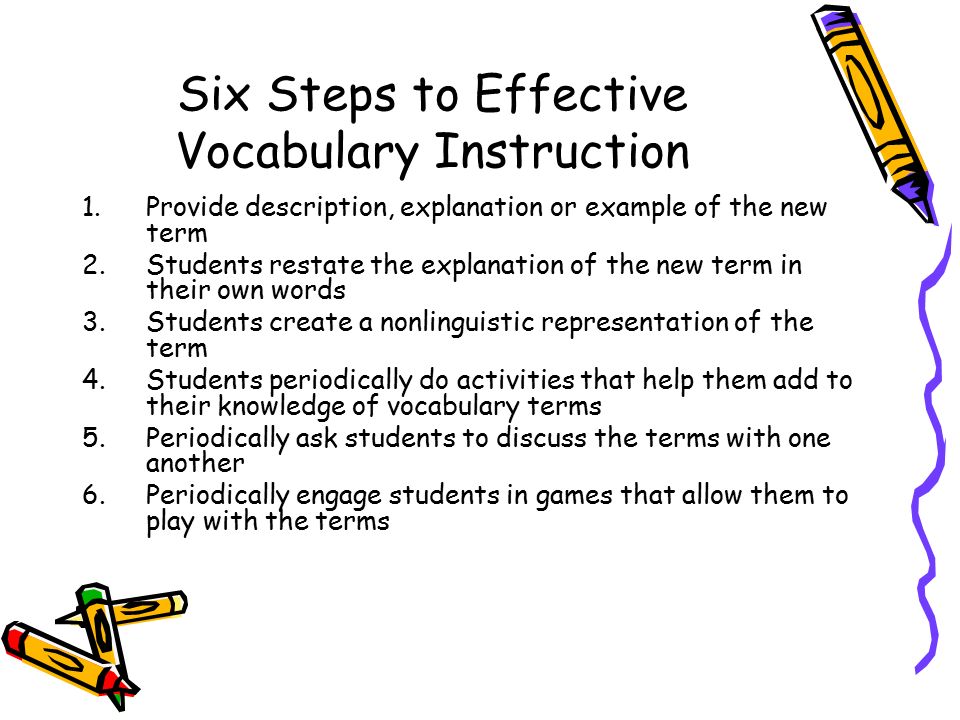 If you constantly train, this skill will develop, and if you do not pay attention to it, then it will become weaker. Based on this, for the development of the vocabulary, you need to communicate with people as much as possible, pay attention to the new words that they use, memorize their meaning and apply it in speech yourself.
If you constantly train, this skill will develop, and if you do not pay attention to it, then it will become weaker. Based on this, for the development of the vocabulary, you need to communicate with people as much as possible, pay attention to the new words that they use, memorize their meaning and apply it in speech yourself.
Here we can give two main pieces of advice:
- It is useful to communicate with diverse and different people. Among them may be: acquaintances, buddies and friends, classmates, classmates and colleagues, training partners, shop assistants and fellow travelers in taxis and public transport, people in social networks and forums, etc. In other words, the volume of vocabulary largely depends on the breadth of the circle of communication.
- It is equally useful to listen to audiobooks. This tool is quite effective and requires almost no effort from you. In addition, it is very convenient: you can listen to audio books (as well as seminars and all kinds of tutorials) in headphones on the way to work or school, in the car during any trips, at home, doing housework or cooking.
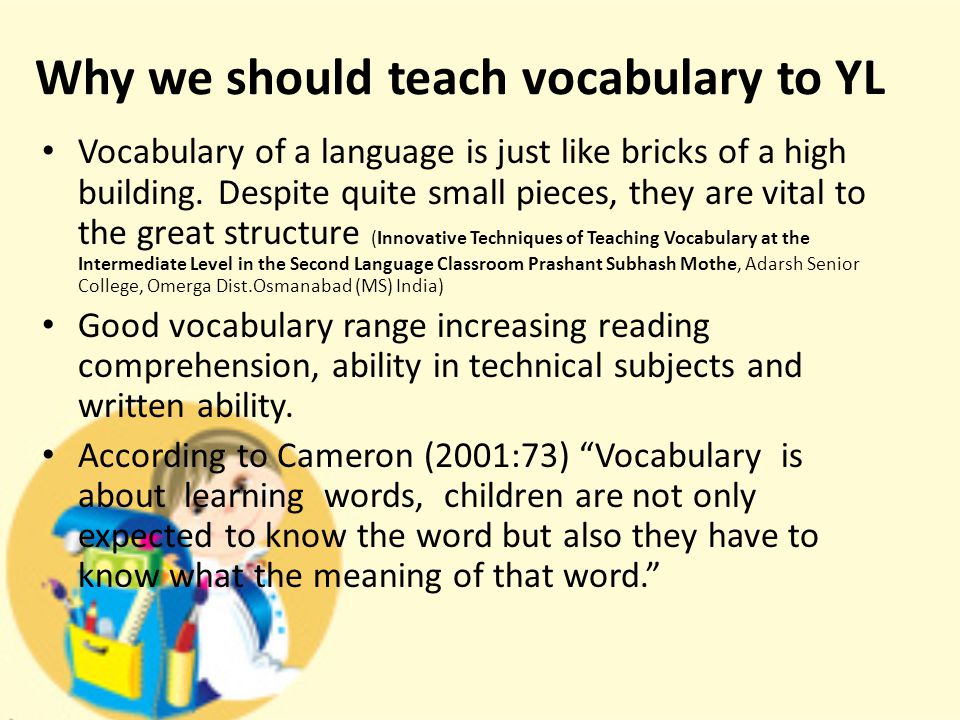 If you wish, you can find special books for the development of vocabulary, collections of quotes and aphorisms, biographies, philosophical and scientific works, works of art and much more.
If you wish, you can find special books for the development of vocabulary, collections of quotes and aphorisms, biographies, philosophical and scientific works, works of art and much more.
The presented methods are suitable for schoolchildren, students, busy people and businessmen, as well as all those who do not have free time for special classes to expand their vocabulary. If you do not have problems with leisure, and you want to spend time usefully, refer to the following means.
Special Vocabulary Techniques
To use these techniques, you will have to set aside time for them. But the effect will be much stronger than when performing general exercises and using simple and fast tools. Vocabulary development is facilitated by:
- Memorization. If you not only listen and learn new words, but also try to memorize them, you will increase your chances of enriching your vocabulary, and at the same time you will begin to translate many words from a passive vocabulary into an active one.
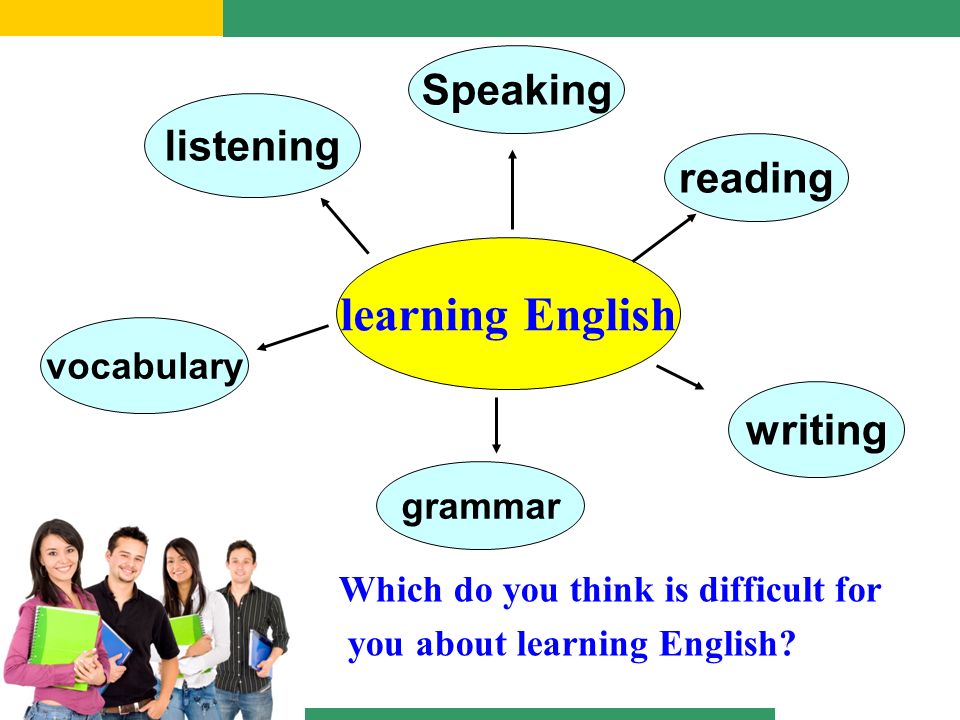 As you know, the best way to remember something is repetition, so at your leisure it is useful to retell the speech of other people, passages from books you read, etc. Try to match the original as much as possible, preserve the style of the author, as well as his manner of presentation. It is no less effective to memorize poems, songs, and even definitions of various concepts.
As you know, the best way to remember something is repetition, so at your leisure it is useful to retell the speech of other people, passages from books you read, etc. Try to match the original as much as possible, preserve the style of the author, as well as his manner of presentation. It is no less effective to memorize poems, songs, and even definitions of various concepts. - Learning foreign languages. You cannot limit your vocabulary to the words of only one language. Learning English, Turkish, Spanish and any other language contributes to the expansion of vocabulary in several directions at once. Firstly, the more new words you learn and memorize, the more connections you establish between them and the easier and faster you can “grab” the right word from memory. And secondly, by studying foreign words, you also get acquainted with the words of your native language, which you did not know before. By the way, an interesting fact: in Russian there are about 500 thousand words, in English - about 250 thousand, and in Japanese - about 50 thousand.
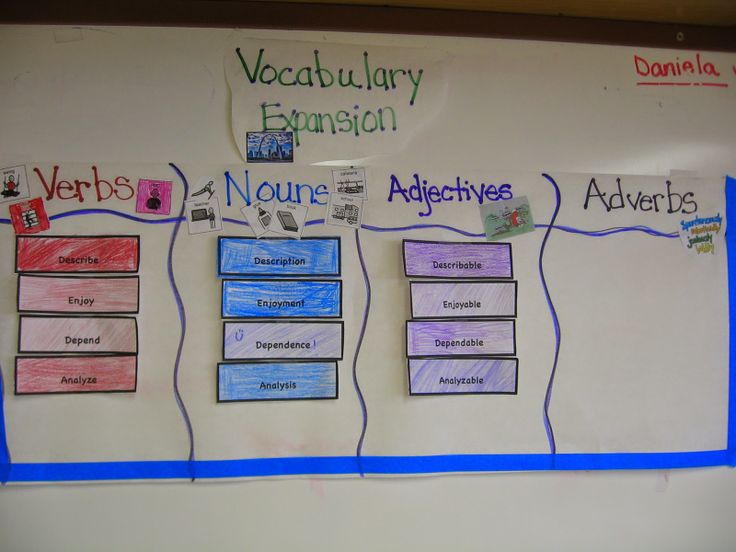
- Keeping a diary. Suppose that for some reason you cannot start learning a foreign language now, do not want to listen to audio books and do not want to communicate with a lot of different people. There is still a way out - to keep a diary. Writing for yourself is not super effective, but it can help anyway. Pick up a notebook or notebook and start writing something down every day. Due to the fact that you will constantly be forced to formulate your thoughts, your vocabulary will begin to grow on its own, because you will need to select certain words, including those that are in the passive vocabulary. And the bonus will be training your literacy and checking your knowledge of the rules of the Russian language.
- Linguistic games. Specialized games, such as word puzzles, charades, rebuses, crosswords, crossword puzzles, etc., are excellent for the development of the vocabulary of children, schoolchildren and adults. When you solve them, you will automatically learn new words and their meanings.
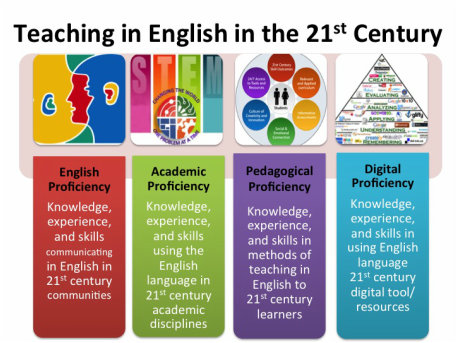 In addition to this, on the Internet you can find many interesting vocabulary games that are great to play in a company. Here are just a few: Hidden Motives, The New Dictionary, A Day in the Life, Sound Images, and Taboo. And here, too, there is a bonus - the general development of thinking and intelligence.
In addition to this, on the Internet you can find many interesting vocabulary games that are great to play in a company. Here are just a few: Hidden Motives, The New Dictionary, A Day in the Life, Sound Images, and Taboo. And here, too, there is a bonus - the general development of thinking and intelligence. - Reading. Websites, books, newspapers and magazines serve not only as a source of information, but also as a tool for replenishing vocabulary. Naturally, when choosing what to read, you need to build on individual tasks and interests. Depending on the vocabulary of which “profile” you want to replenish, you can choose special, scientific, journalistic or fiction. Reading is recommended for at least an hour every day, and in order to learn words faster, it is better to read aloud, because. memorization is more effective when speaking. If you want to focus on individual words, then you can study all kinds of reference books and dictionaries: spelling, rare words, synonyms, sensible different authors, and others.
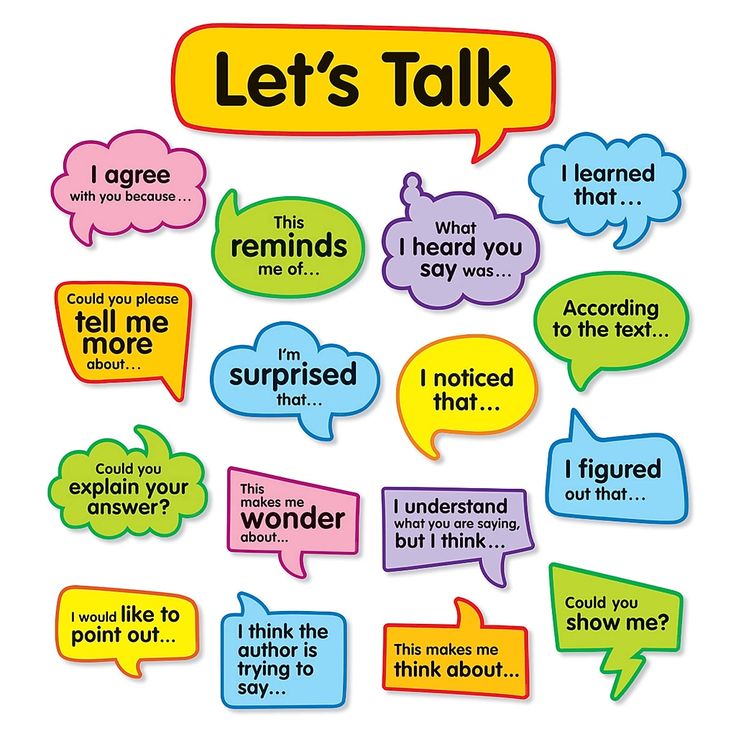
The exercises and techniques we have proposed should be enough to fill your head with many different words, concepts and terms. It is best to resort not to any one method, but to use several at once. You can even choose a specific activity for each day. And if everything is quite simple with exercises, foreign languages and linguistic games, then with books it is quite possible to dream up. Therefore, we want to advise you to read not just everything and anything, but something specific.
Books for the development of vocabulary
Books are always good because they allow a person to learn a lot of new and interesting things. Reading in itself makes speech more developed and rich, but not all books will be useful for these purposes. There are universally recognized writers, authors of real masterpieces, demonstrating the beauty of the great Russian language (and the language in general) as much as possible.
Let's start with Russian classics, which influenced the formation of Russian speech, as well as morality.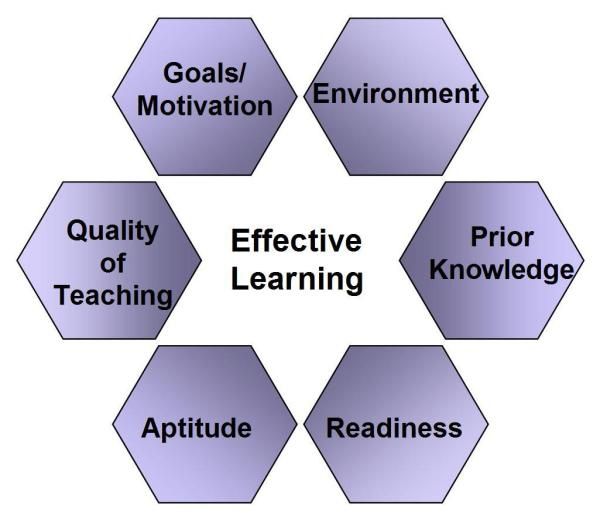 The books of the following authors will help to significantly expand the lexicon:
The books of the following authors will help to significantly expand the lexicon:
- A. S. Pushkin. It can be called the basis of Russian literature, because its vocabulary was about 25 thousand words. You can be sure that with the help of his writings, poems and fairy tales, you will seriously replenish your vocabulary.
- M. V. Lomonosov. No less “effective” are the translations, letters and poems of this remarkable person, who is considered the founder of Russian poetic culture.
- F. M. Dostoevsky. Reading the works of this philosopher and novelist (“The Brothers Karamazov”, “The Idiot”, “Crime and Punishment” and others), you will not only plunge into the bowels of the Russian language, but also learn the world of new feelings and experiences.
- N. M. Karamzin. We advise you to pay attention to the books "History of the Russian State" and "Poor Lisa". They alone are enough to enrich your speech with many new words, including barbarisms and neologisms.
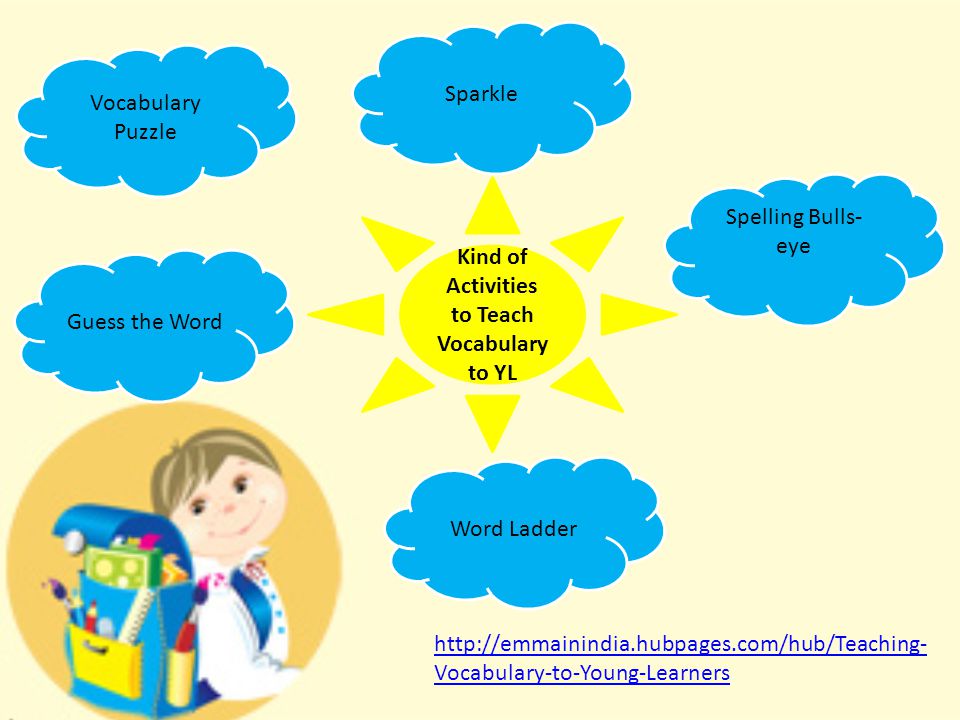
Foreign classics are equally capable of influencing the development of speech. In addition, reading such books, you can get acquainted with the behavior of people of different nationalities:
- French authors: Honore de Balzac, Emile Zola, Jules Verne, George Sand and others.
- English authors: William Shakespeare, Arthur Conan Doyle, Oscar Wilde, Daniel Defoe and others.
- American authors: Margaret Mitchell, Mark Twain, Ray Bradbury, Jack London and others.
- Spanish authors: Miguel de Cervantes, Camilo José Sela, Eduardo Mendoza, Francisco de Quevedo y Villegas and others.
Next on our list is more specific literature - dictionaries. Their study, perhaps, even better helps to develop speech and vocabulary. Feel free to take any of the listed dictionaries and start reading it:
- Russian Literary Pronunciation and Stress, Ed. R. I. Avanesova and S. I. Ozhegov.
- "School Phraseological Dictionary of the Russian Language" by V.
 P. Zhukov in collaboration with A.V. Zhukov, ed. G. V. Karpyuk.
P. Zhukov in collaboration with A.V. Zhukov, ed. G. V. Karpyuk. - Dictionary of Russian Proverbs and Sayings. V. P. Zhukov.
- "A unique illustrated explanatory dictionary of aphorisms and winged words for children" by S. N. Zigunenko and A. F. Istomin.
- "Dictionary of synonyms of the Russian language" 3. E. Aleksandrova.
- "Spelling Dictionary of the Russian Language" by D. N. Ushakov, S. E. Kryuchkov.
- School Etymological Dictionary of the Russian Language. Origin of words. N. M. Shansky and T. A. Bobrova.
- "Dictionary of antonyms of the Russian language". M. R. Lvov.
And several explanatory dictionaries:
- Explanatory dictionary of S. I. Ozhegov.
- Explanatory Dictionary of the Living Great Russian Language by V. Dahl.
- Russian explanatory dictionary by VV Lopatin.
- Explanatory Dictionary of T. F. Efremova.
- Dictionary of D. N. Ushakov.
- Dictionary of A.
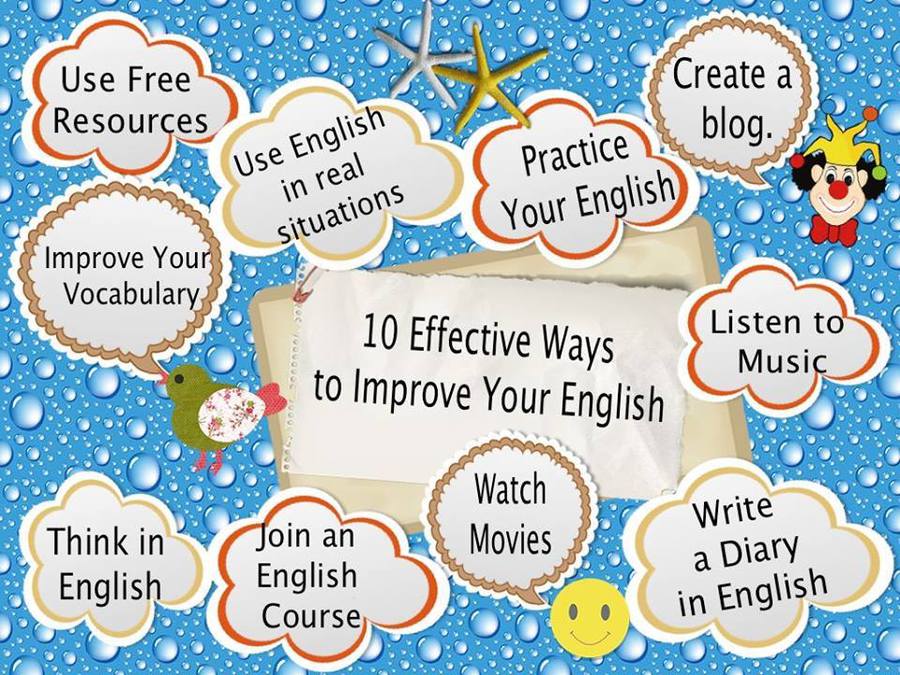 P. Evgenyeva.
P. Evgenyeva.
And finally, if you want to give yourself a real intensive training in the development of speech and speech skills, but also have an interesting time, refer to very informative specialized works:
- "Word about words". Lev Uspensky.
- "Do we know Russian?". Maria Aksenova.
- "Live like life". Korney Chukovsky.
- "The Russian language is on the verge of a nervous breakdown". Maxim Krongauz.
- "Russian with a dictionary". Irina Levontina.
- "From Adam's apple to the apple of discord." Vadim Khrappa.
- "Word living and dead". Nora Gal.
- "Oddities of our language". Nigel Brown.
- "How to talk to anyone, anytime, anywhere." Larry King.
And in conclusion, a few words about how to quickly memorize new words from books. This is best done in a playful and creative way:
- Solve thematic crossword puzzles dedicated to specific works.
- Answer questions after reading the books.
 They can be found on the Internet, and it is better to give answers in writing.
They can be found on the Internet, and it is better to give answers in writing. - Write summaries of your favorite works, imitating the authors. So you will develop speech, literacy and memory.
- Keep a diary, where you will write down interesting words that you like. Don't forget to include their definitions there as well.
- Try your hand at writing. On weekends, spend a couple of hours writing a short story or essay on a free topic.
Communicate with people, read books, study dictionaries and encyclopedias, write down new words in a diary, notebook or stickers - all this is the components of the development of speech and vocabulary. If you want to expand your child's vocabulary, read aloud to him, consider and describe wimmelbuchs, play board and active games, make words from cubes and magnets and explain their meaning, keep him inquisitiveness and interest in the world around him.
Active and conscious actions - this is what is a prerequisite and a guarantee for the development of vocabulary.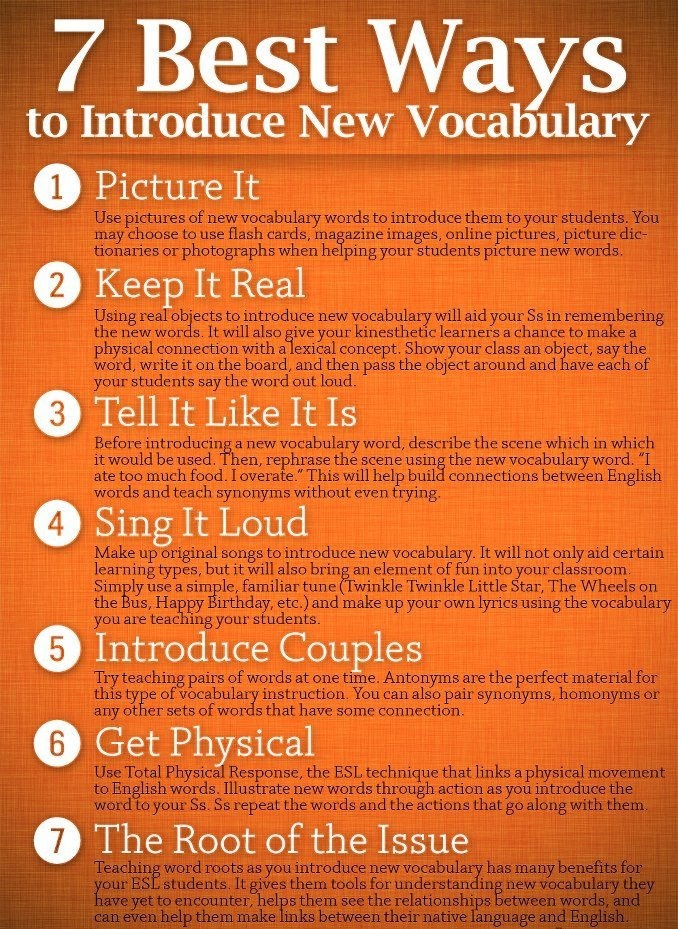

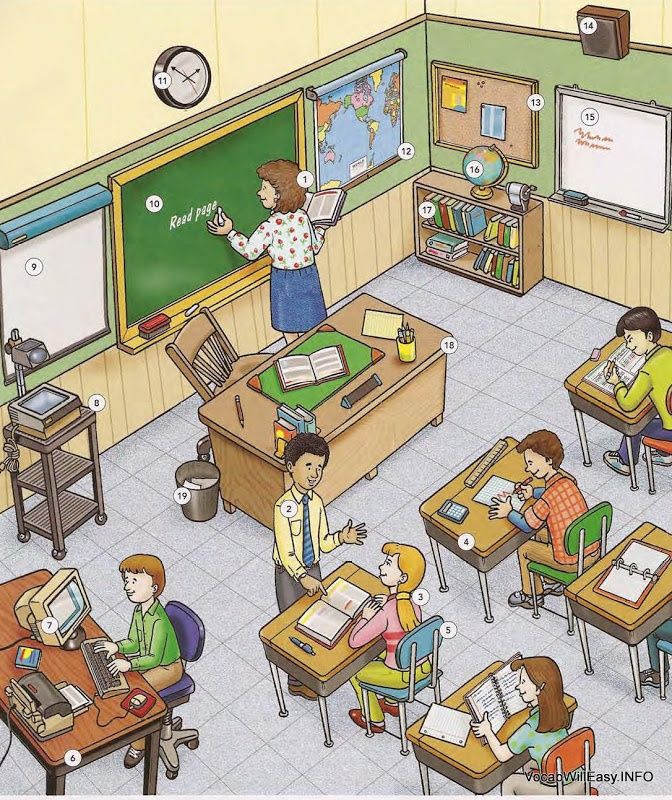
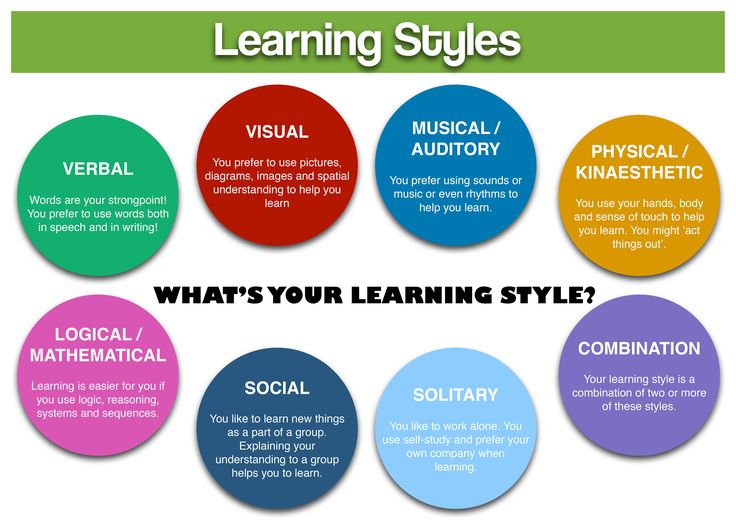
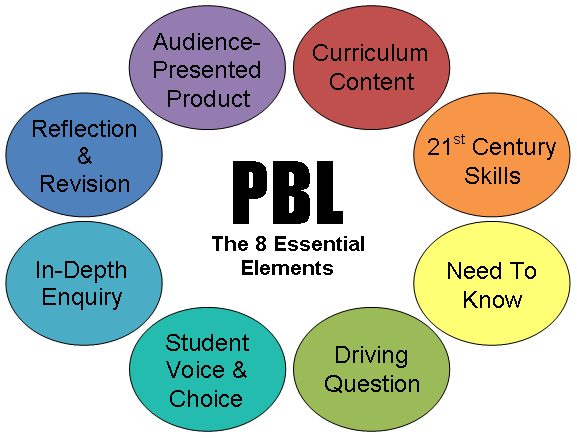 You know it is bad idea to get toupee for mail orders.
You know it is bad idea to get toupee for mail orders. 